

ACKNOWLEDGEMENT OF COUNTRY
We would like to acknowledge the traditional custodians of the lands on which our editorial team and readers reside and pay our respect to any Elders, past and present. We extend that respect to any Aboriginal and Torres Strait Islander people reading this publication.
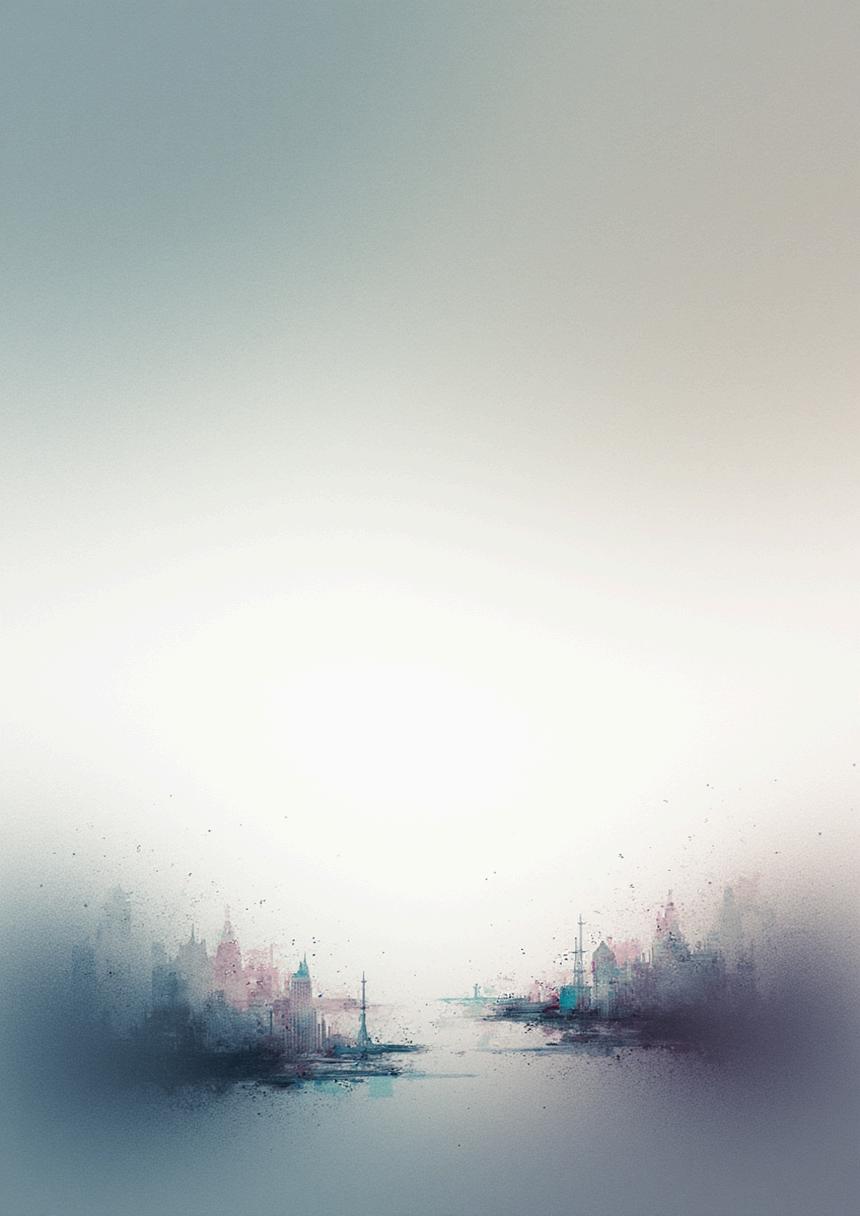



Editor’s Notes
Dear Beloved Readers,
We warmly welcome you to flip through the pages of our second (and final) issue of Run The World for 2025.
In curating this edition, we chose the theme ‘Fractures and Fictions’ to explore the tension between reality and perception, between the systems that shape our lives and the stories we tell to survive them. Law, identity, social and environmental justice and womanhood are not static truths–they are constantly fractured by fictions, often perpetuated through power, politics, and personal experience.
This issue brings together voices that interrogate the cracks in our legal, social, and cultural institutions. Whether poetic, discursive, narrative or critical, this issue offers a unique lens into how women and society more broadly navigate systems that often fail to protect, represent and/or empower them.
As editors, we were moved by the vulnerability, insight and courage in these works. They do not merely describe fractures, rather, they embody them. And in doing so, they challenge the fictions we ’ ve been told and invite us to imagine something more honest, more complete and more just.
Thank you for taking the time to journey through these fractures and fictions with us, to sit with the broken pieces, question the stories and imagine what might be rebuilt in their place.
We invite you to peer through the cracks, through the pages and into the future.
Yang Yang Jiang and Elanah Sebastian


Acknowledgements
Women’s Officer
Yang Yang Jiang
Editors
Elanah Sebastian
Gunni Kapur
Jeremy Wong
(Meryl) Xiaomeng Liu
Publications Team
Teodulfo Jose O. Reyes
Ashna Aravinthan
Aaryan Pahwa
Inika Narayan
Lara Lim
Melina Le
Saavan Baba
Shayan Bidiwale
Writers
Angelina Tang
Caroline Sinn
Elanah Sebastian
Jamie Seo
Kesar Sarwara
Lucy Quince
Maeve Shin
Melanie D’Cruz
Michelle Jiang
Phoebe Adam
Rahat Ramsa
Yang Yang Jiang
Xiao Marshall-Taylor
Graphics Team
Laura Elaine
Grace Sun


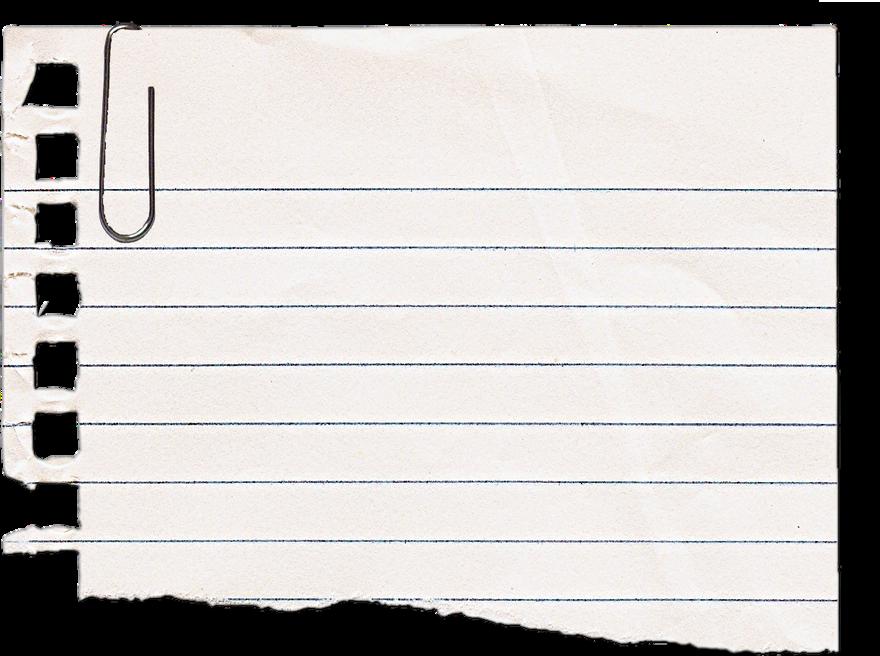
one step forward, two steps back
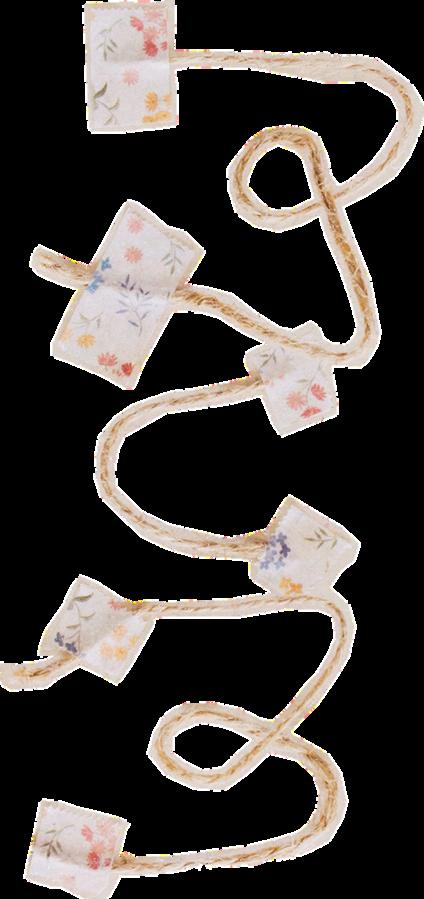

ANGELINA TANG
i. WHAT DOES IT MEAN, TO BEAGIRL?
the great Charli XCX once sang, ‘girl, it’s so confusing sometimes, to be a girl’ Growing up in the 2000s, I once rejected everything synonymous with being a girl– replacing my dresses and dolls with action figures and a feigned distaste for the colour pink. At the time, ‘girly’ felt like the antithesis of ‘cool’, and a cool girl was everything I wanted to be.
1
4
3
2



To my relief, this phase did not last long. I soon rekindled my love for all things “girly” and cute, which now manifests in the form of trinkets, stationery, and IKEA stuffed animals which occupy 70% of my bed But looking back, I didn’t just wake up one day and decide to change. Rather, this transformation could be attributed to a larger, collective change in the cultural zeitgeist of girlhood

An example of how girlhood entered the mainstream consciousness is Greta Gerwig’s 1.44billion-dollar blockbuster, Barbie This film propelled 2023 to be “the Year of the Girl”, taking over the world through an extensive marketing campaign specifically appealing to the female audience in a way rarely seen in Hollywood. Under the guise of a light-hearted, comedic movie, we follow Barbie’s identity crisis as the film explores female empowerment and the dangers of the patriarchy, highlighting its harmful impact on both men and women While the movie is criticised for its surface-level, second-wave feminism that overlooks intersectionality and ignores experiences of women of colour, queer women, and other minorities, it is an elementary first step, an open invitation for mainstream pop culture to join an important conversation.
In the past few years, “girl” has taken on a new meaning. Shedding its formerly derogatory connotations as seen in phrases like “run like a girl”, we’re now going on “hot girl walks”. It’s not uncool to like girly things it’s fun, fresh, and empowering ‘Girl’ is not just an indicator of age; it is a cultural movement and sisterhood of camaraderie Teenagers and adult women alike join forces to navigate what it means to be a girl in a world that systematically undermines young women and femininity For Gen-Z, ‘girl’ has become gender neutral, extending the sisterhood to allies and queer communities Rather than antagonising femininity, it seems that being a girl is finally something to embrace and celebrate. 5 6
7
Yet the very same digital culture that claims to celebrate girlhood simultaneously risks undermining it through seemingly harmless trends. One particular catchphrase that has become widely popularised is the saying, “I’m just a girl”, often used ironically by women to avoid accountability The phrase capitalises on the ‘dumb blonde’ stereotype, reframing ideas of women being innocent, naive and ditzy, parallel to the male-centric “boys will be boys” used to excuse men’s poor behaviour. The term originated from the 1995 song “Just a Girl” by No Doubt, becoming widely popular on social media platforms like TikTok A brief scroll on the app features videos of women crashing their car, being bad at maths, failing their exams all with similar captions exclaiming how they are “just girls”. 8 9 10
“Just a Girl” in its entirety raises questions about the usage and interpretation of the term The singer Gwen Stefani said during an interview that the song was written as a critique of the burdens
imposed on women in a patriarchal society. Its lyrics, “I’m just a girl, all pretty and petite/So don’t let me have any rights”, and “I’m just a girl in the world/That’s all that you’ll let me be” , clearly mock the constraints women face as a result of being perceived 11 as powerless and infantile
While some may think this is reading too much into a mere online trend that is entertaining and humorous, others have begun to criticise it for its normalisation of the infantilisation of women, reducing the complexity and individuality of our identity. To most adults, the words ‘girl’ and ‘boy’ have connotations of ‘less than’ compared to ‘women’ and ‘men’ Professor Susan Madsen argues if you wouldn’t substitute boy for man, you shouldn’t say ‘girl’ instead of ‘woman’. 12 13
The growing prominence of these trends raises the question of why we are embracing them. On a surface level, it’s clear that the mainstream usage of the phrase is sarcastic we don’t actually mean that we’re no more than ‘just a girl’.
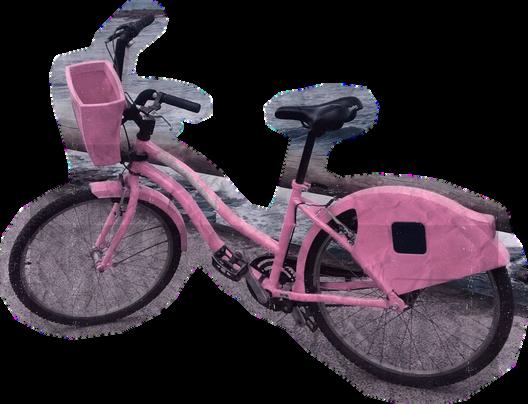

ii. JUS GIR


ST A L!!!!

In a society that has constantly belittled and mocked us for this very girliness that we are now weaponising, echoing the patriarchal narrative feels like a way to take away some of the burdens we face on a daily basis.14
This phenomenon is not a singular incident; similarly, trends such as ‘girl maths’ and ‘girl dinner’ both started as humorous quips,
jokingly justifying impulse purchases and non-nutritious meals
Self-deprecating humour has always been popular since the dawn of social media, both serving as an outlet for our frustrations and strengthening the relatability, creating community and camaraderie between strangers online
However, the subconscious effects of such ideas may be far more serious than we think. For instance, research reveals female students display significantly higher levels of anxiety and avoidance despite performing at similar levels to their male counterparts. Simply hearing another woman referring to a fear of maths can perpetuate stereotypes that manifest in real avoidance in young girls. The “girl dinner” trend promotes “low-maintenance” meals that are quick, affordable, and easy to prepare; however, many users share meals that are extremely low in both calorie count and nutritional value, glorifying unhealthy eating behaviours that have plagued young women
17 18
15
16 since the dawn of time. 25% of TikTok’s user base is under the age of twenty, and constantly hearing these ironic but still demoralising messages can have a significant flow-on effect on our selfimage and confidence, even subconsciously
Writer Paris Mwendwa criticises these trends as being a regressive acceptance of the patriarchy’s portrayal of women as incompetent damsels in distress. In embracing these trends, women are surrendering their power in the fight against oppression. While it seems like an easy way out of mistakes, saying you’re “just a girl” diminishes a woman’s capacity to hold responsibility for their actions, and instils a sense of defeat. It seems that in our journey towards universal girlhood, we have taken one step forward, but two steps back.
19 20
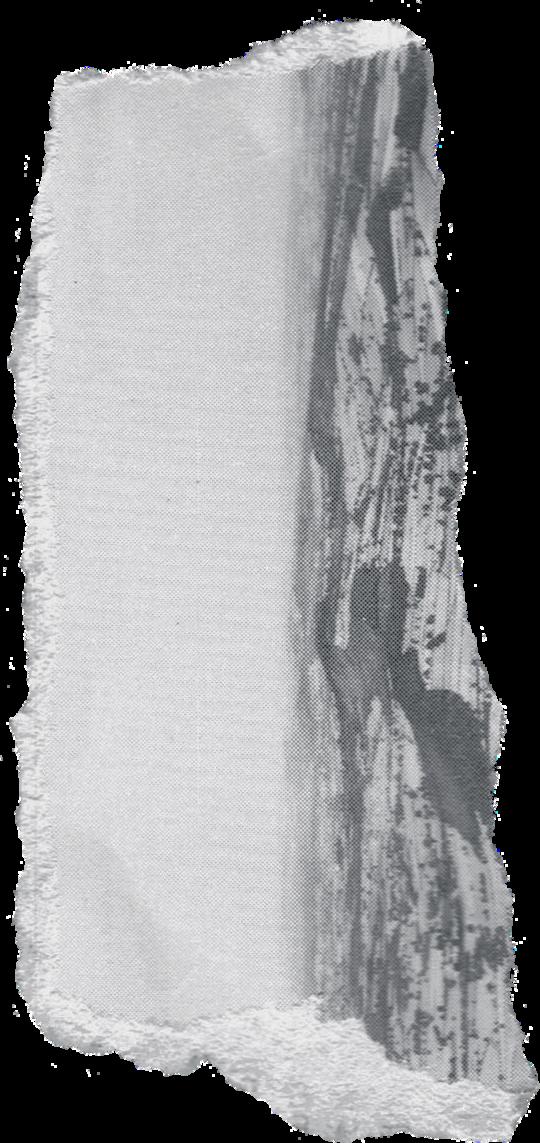
iii. GIRL(HOOD), SO CONFUSING




original question what does it mean, really, to be a girl? The question of identity is never a straightforward one, and perhaps it’s easier to answer what being a girl is not.
It’s clear that girlhood and femininity stem from much deeper than just pinkwashed consumerism and being bad at maths Being a girl does not mean incompetence, underperformance, or indifference. While some deem the word ‘girl’ infantilising, others argue it is outdated to view it as such, because in today’s day and age, being a girl is no longer a ‘waiting stage’ before marriage.22
Instead, girlhood has become a universal experience; the concept now encapsulates the inherent whimsy and surprising freedom of embracing femininity, regardless of age.
Moreover, girls have always been pioneers at the forefront of our society Cultural phenomena like pop stars and films often rely on teenage girls for their popularity, despite the interests of young girls often being dismissed and trivialised Even the Beatles had teenage girls to thank for their initial rise to popularity in the 1960s, with ‘Beatlemania’ becoming one of the earliest cases of fandom culture.
23
In fact, the cultural impact of young girls is more deeply intertwined with our daily lives than you may expect Linguists have found that teenage girls are key drivers of linguistic change From letters written in 1417 to social media posts made today, young women are at least a generation ahead of their male counterparts in using new vocabulary and predicting linguistic trends William Labov observed that we adopt linguistic changes at a higher rate than men, and use higher frequencies of innovative forms than men 24 25 , circling back to our
26

These gendered patterns can be attributed to the social network theory; women tend to have more open social networks, be more empathetic, and be more socially aware, facilitating greater diversity and exposure to innovative forms of language The language we know and speak today is shaped by young women who came before us, which is just one of many examples of their undeniable influence on our culture and society.
It seems that in our pursuit of sisterhood and progress against oppression, we have been blindsided by the duplicitous nature of seemingly harmless trends that are really wolves in sheep’s clothing Yes, we are girls but the word ‘just’ has no place in the phrase. No matter what being a girl means to you, the title of girlhood should be worn as a badge of honour. We are girls, and girls are, will, and have always been changing the world


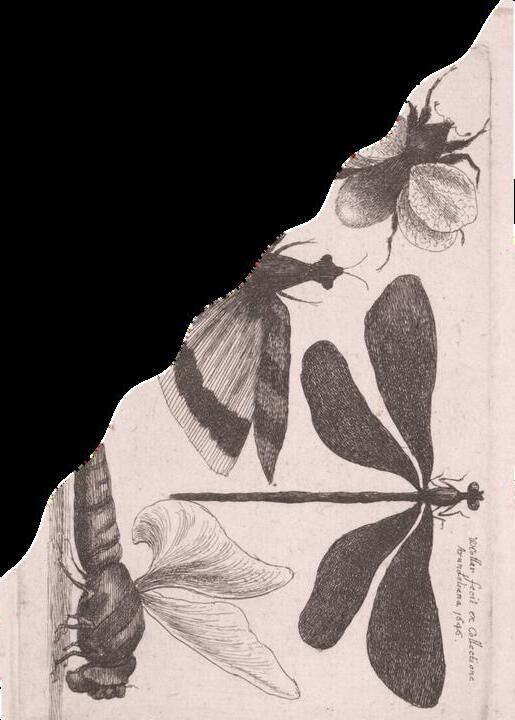

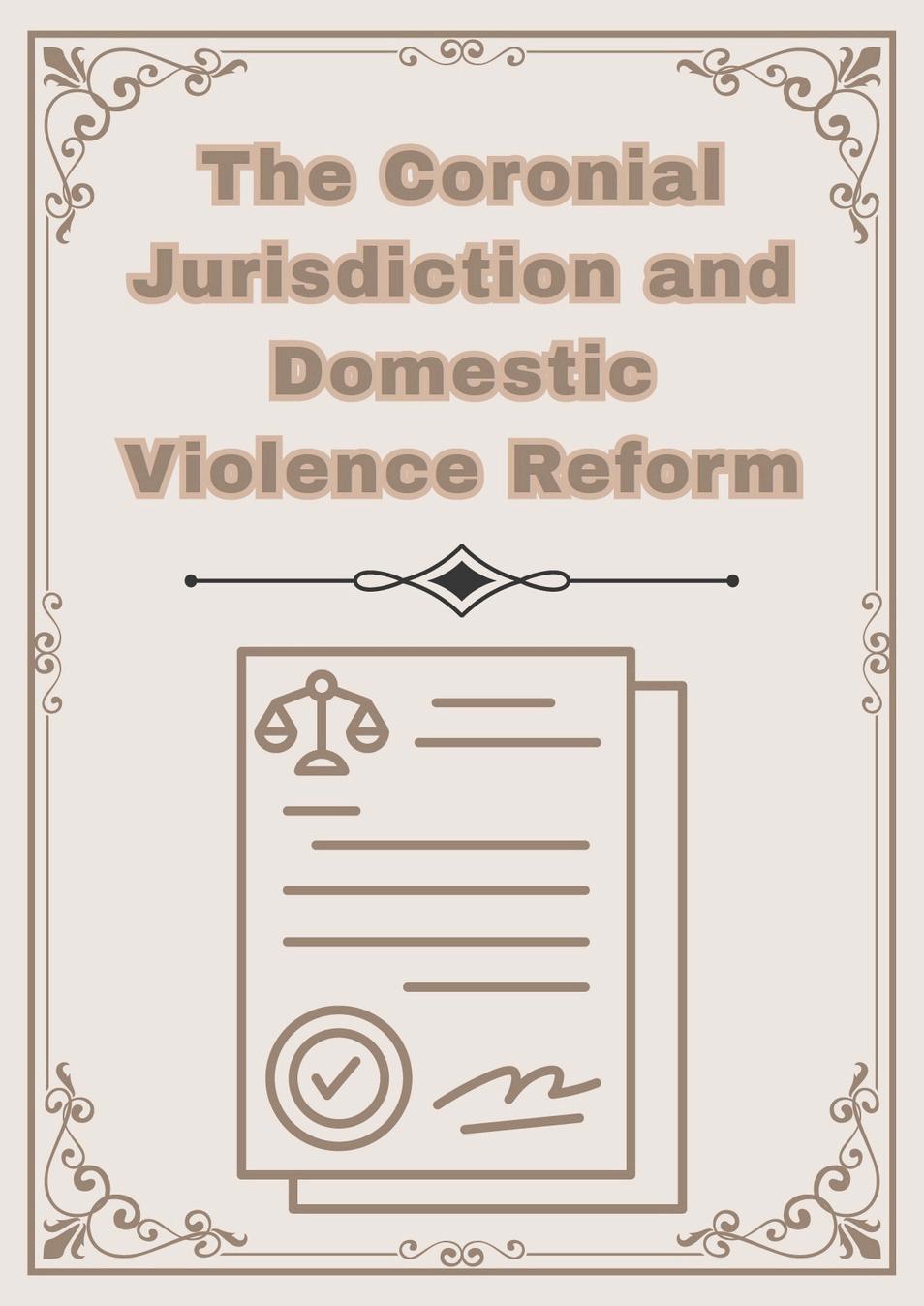
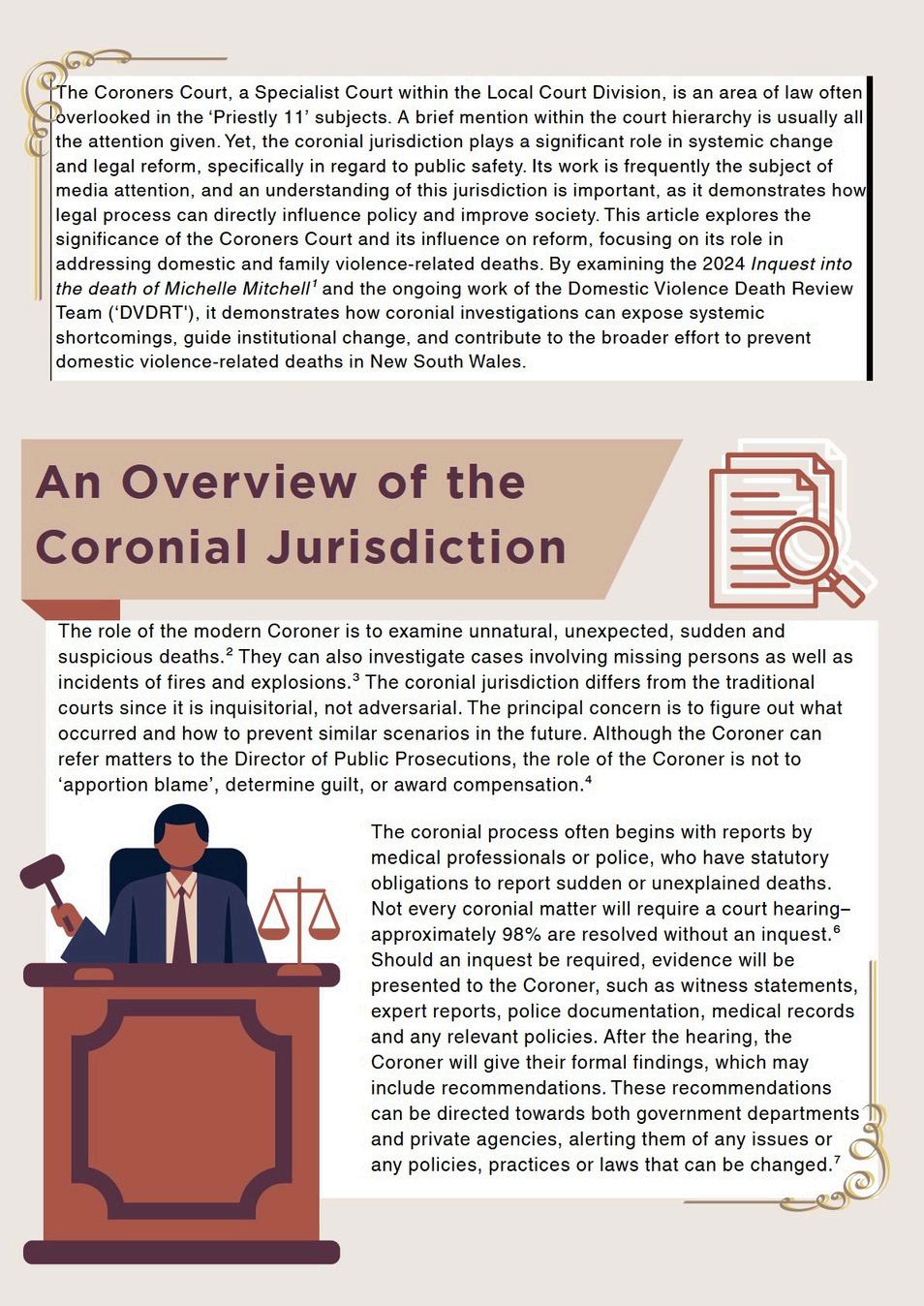
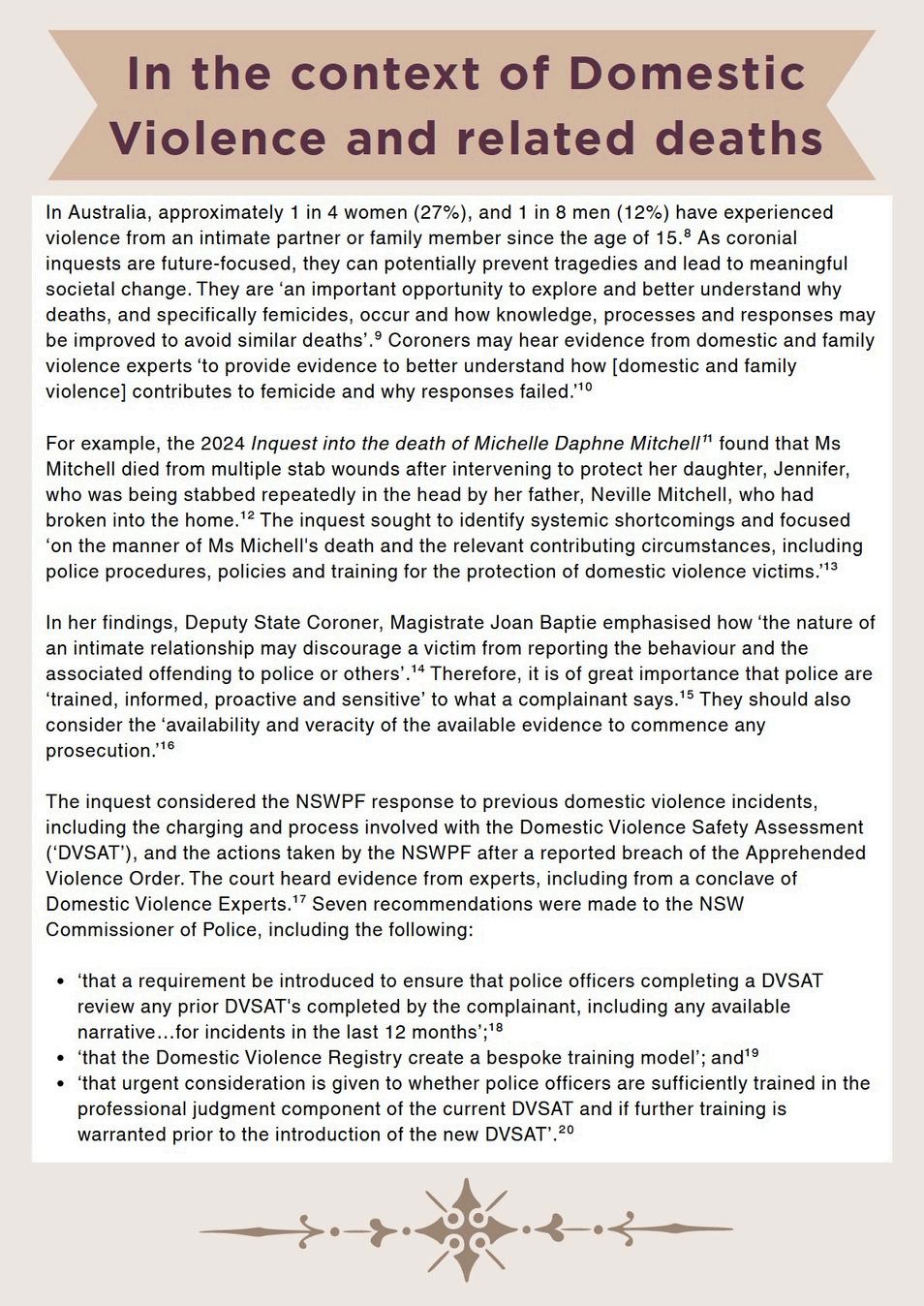
Counsel for the Commissioner of Police indicated that a number of the recommendations are likely to yield significant benefits and should be implemented in whole or in part.²¹ The NSW Police Force (‘NSWPF’) issued its formal response to the recommendations on 1 July 2025, outlining in detail whether each recommendation had been adopted and providing reasons where they had not.²² Since the inquest, NSWPF is working on a collaborative training package in collaboration with Legal Aid NSW which will address the importance of information exchange between NSWPF and the Women's Domestic Violence Court Advocacy Service (‘WDVCAS’).²³ There will also be increased training regarding new changes to the DVAST for frontline officers, particularly on the use of professional judgment and victim referrals ²⁴ Further, there is a pilot NSWPF and WDVCAS initiative which embeds WDVCAS workers in 11 police stations across the state to provide victims with additional support.²⁵ In 2025, trials were conducted to connect victims with remote WDVCAS workers using an audiovisual link, which may negate the need for WDVCAS staff to attend the scene.²⁶ From this, it seems that coronial inquests are an extremely powerful investigative tool to correct societal injustices and issues
However, one of the downsides of coronial inquests is their duration, as it can be years from the time when the death occurs to the hearing. Here, in several instances, the proposed recommendation had already been addressed by the NSWPF, with them having already made some necessary changes before even hearing the proposed recommendations.²⁷ Another is that the Coroner can only make recommendations, lacking the power to enforce them Although, when recommendations are made to NSW Ministers or government bodies, they must respond within 6 months of receiving the recommendations, by reporting to the Attorney General and outlining any actions to be taken to implement the recommendation.²⁸
Nevertheless, despite these limitations, coronial inquests remain vital in formally identifying systemic failures and preventing future deaths. Additionally, they provide a meaningful opportunity to recognise the life of the deceased, one where family members can be closely involved through statements at the hearing
The Effectiveness of Domestic Violence Death Review Team (DVDRT)
The Coroners Act 2009 (NSW) also established the DVDRT in 2010, which aims to ‘enhance our collective understanding of the scourge of domestic violence in our communities by learning from these tragic, radiating and serious cases ’²⁹ The DVDRT reviews deaths that occurred as a result and in the context of domestic violence to identify future opportunities or strategies for intervention or prevention ³⁰ Analysing these deaths, they consider trends and patterns in quantitative data and can highlight any systemic issues or limitations of services to make recommendations
The existence of the DVDRT is a positive step in acknowledging the issue of domestic violence and establishing practical strategies to combat it Additionally, the DVDRT reports their findings to the NSW Parliament biannually and understands that the complexity of the issue of domestic violence requires responses from both governments and non-government organisations ³¹ As the DVDRT is made up of experts in the field and directly reports to the government, they play a crucial role in proposing strategies to reduce and eradicate domestic violence
Conclusion
The coronial jurisdiction plays a crucial role in domestic violence reform by identifying systemic failings and recommending policy changes. Inquests, such as the one into Michelle Daphne Mitchell’s death, can highlight gaps in police training, and the DVDRT also offers expert opinion regarding prevention Despite limitations, the coronial jurisdiction can drive meaningful legal and social change, with the potential to reduce future tragedies.
Footnotes
¹ Inquest into the Death of Michelle Daphne Michell (Coroners Court of New South Wales, Deputy State Coroner Baptie, 28 March 2024) (‘Michelle Daphne Michell’)
² Coroners Act 2009 (NSW) s 6.
³ ‘Jurisdiction’, Coroners Court of New South Wales (Web Page, 18 August 2025)
<https://coroners nsw gov au/how-the-coroners-court-work/jurisdiction html>
⁴ Ibid.
⁵ ‘Overview of the Coronial Process’ , Coroners Court of New South Wales (Web Page, 22 May 2025) <https://coroners.nsw.gov.au/the-coronial-process/overview-of-the-coronial-process.html>.
⁶ Ibid
⁷ Ibid.
⁸ ‘Domestic Violence & Coercive Control’, NSW Bureau of Crime Statistics and Research (Web Page, 2025) <https://bocsar.nsw.gov.au/topic-areas/domestic-violence.html>, citing Australian Bureau of Statistics, Personal Safety, Australia, 2021–2022 (Catalogue No. 4906.0, 15 March 2023)
⁹ Heather Douglas, ‘Eliminating Femicide: The Role of Expert Domestic and Family Violence
Evidence in the Coronial Investigation Process’ in Kate Fitz-Gibbon and Sandra Walklate (eds), Femicide: Problems, Possibilities and Prevention (Emerald Publishing Limited, 1st ed, 2025) 1.
¹⁰ Ibid
¹¹ Inquest into the Death of Michelle Daphne Michell (Coroners Court of New South Wales, Deputy State Coroner Baptie, 28 March 2024) (‘Michelle Daphne Michell’)
¹² Ibid 2 [3]
¹³ Ibid 2 [4].
¹⁴ Ibid 43 [282]
¹⁵ Ibid [283].
¹⁶ Ibid
¹⁷ Ibid 34 [221]
¹⁸ Ibid 38 [253].
¹⁹ Ibid 39 [258]
²⁰ Ibid 42 [274].
²¹ Ibid 38 [253]
²² Letter from Peter Thurtell APM to Michael Daley, Attorney General, 1 July 2025 <https://dcj.nsw.gov.au/documents/legal-and-justice/legal-assistance-and-applications/coronialrecommendations/coronial-responses-2025/NSWPF response - MICHELLE MICHELL pdf>, archived at <https://dcj.nsw.gov.au/legal-and-justice/laws-and-legislation/legal-assistance-andapplications/responses-to-coronial-recommendations/inquest-into-the-death-of-michelle-daphnemichell.html>.
²³ Ibid 2.
²⁴ Ibid 4
²⁵ Ibid 3.
²⁶ Ibid
²⁷ Michelle Daphne Michell (n 10) 38 [253].
²⁸ ‘Responses to Coronial Recommendations’, NSW Department of Communities and Justice (Web Page, 7 May 2025) <https://dcj.nsw.gov.au/legal-and-justice/laws-and-legislation/legalassistance-and-applications/responses-to-coronial-recommendations.html>.
²⁹ Ibid
³⁰ ‘Domestic Violence Death Review’ Coroners Court of New South Wales (Web Page, 8 May 2025) <https://coroners nsw gov au/resources/domestic-violence-death-review html>
³¹ Ibid.




By Elanah Sebastian
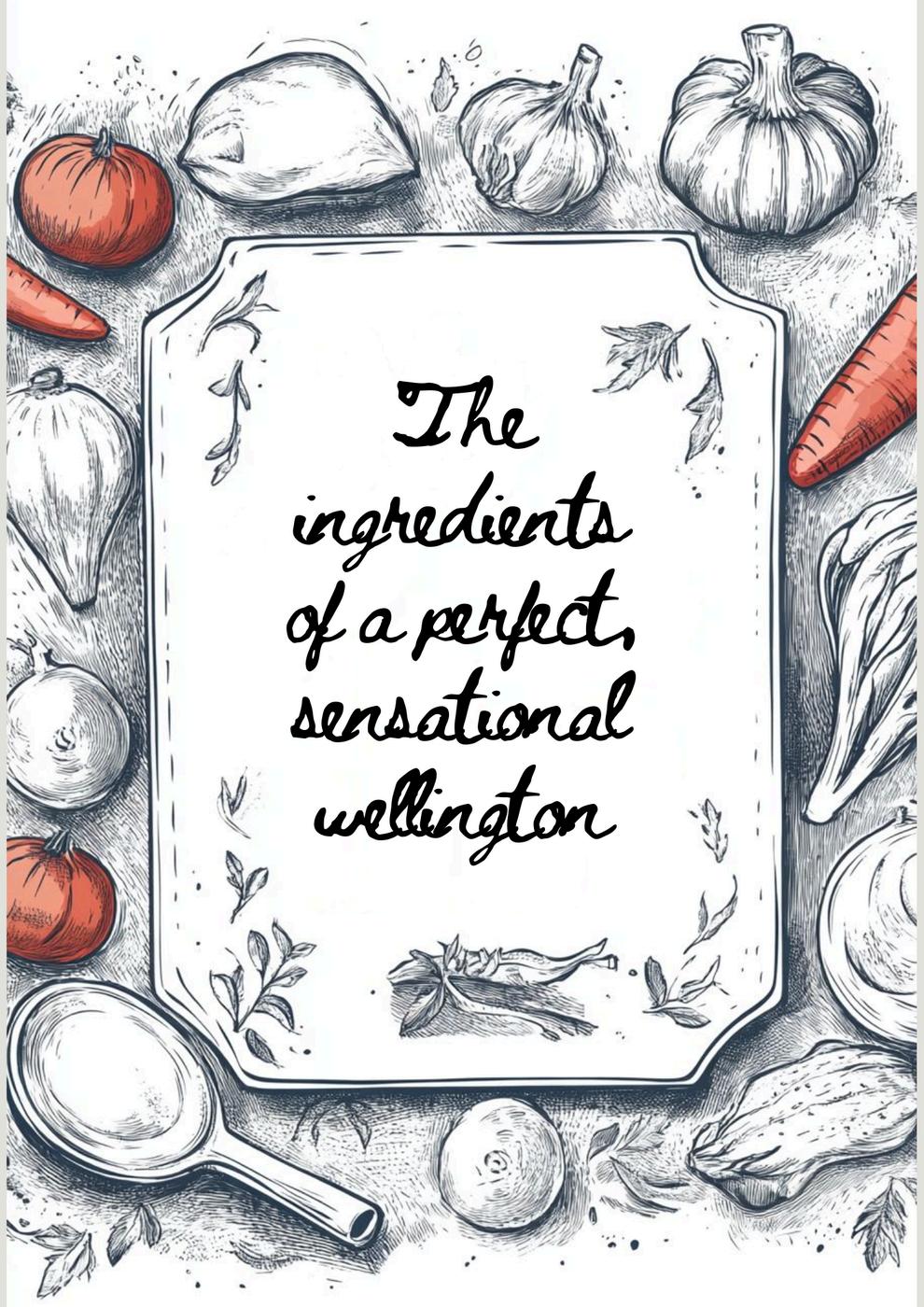
Jamie Seo

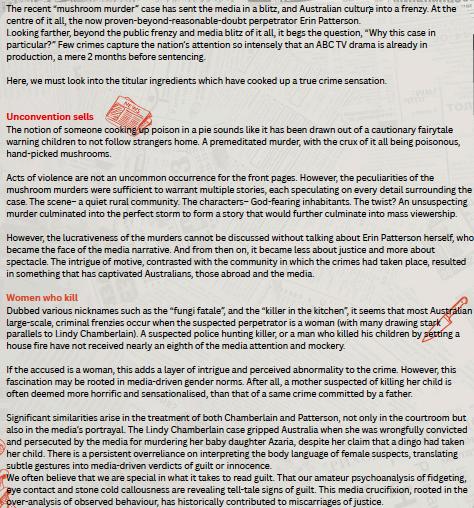
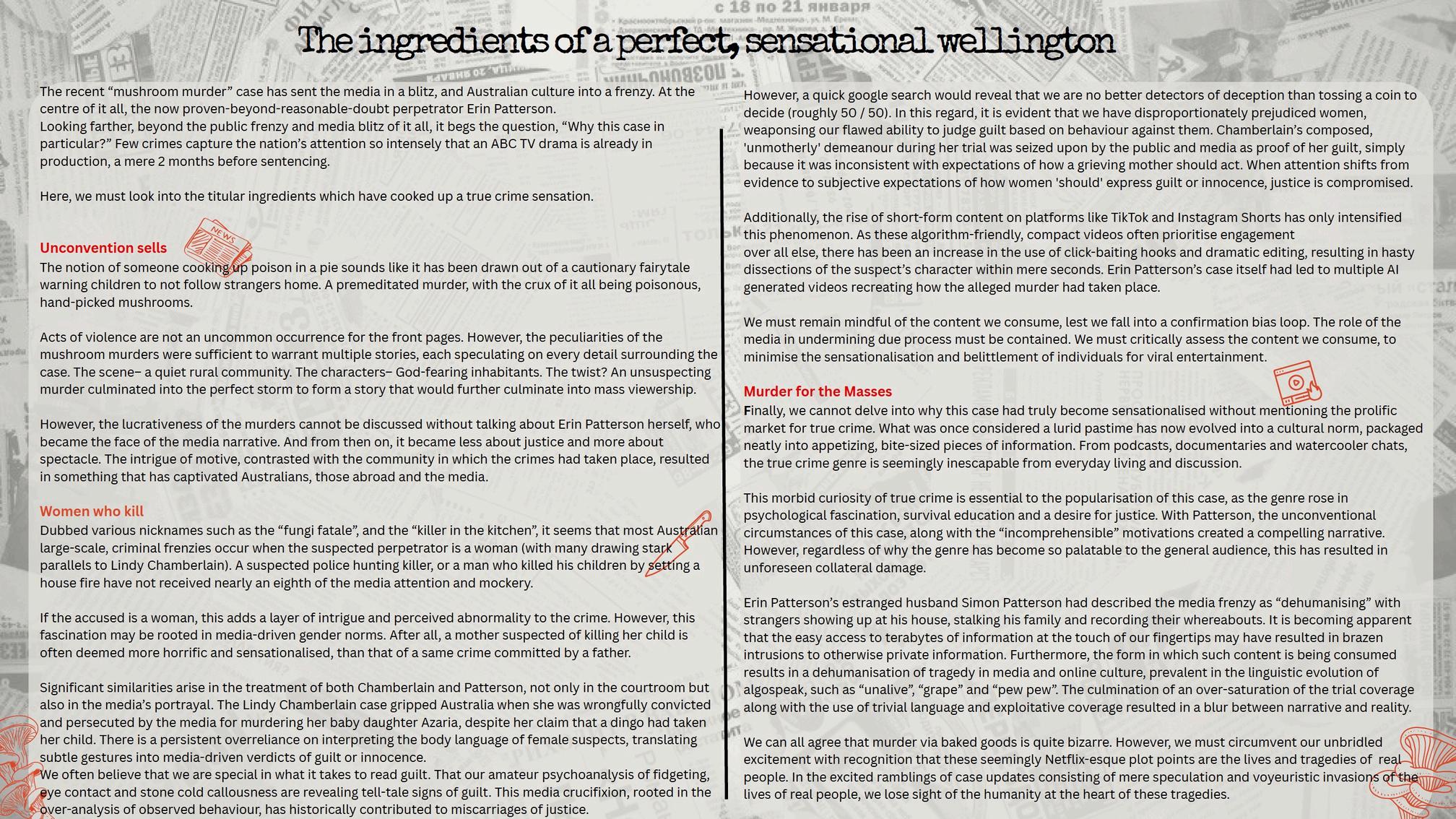


Perspectives from feminist jurisprudence

Kesar Sarwara

Perspectivesfromfeminist jurisprudence:Howtomakethestudy oflawmeansomethinggreaterthan
“livinginasociety”
ByKesarSarwara
Itwouldnotbeunreasonabletosaythatmostlawstudentsfeela senseofgreatprideinwhattheystudy.IconfessIcannotplace myselfinthesamecategory.
Iamsomebodywhostartedstudyinglawfromaplaceofpure pragmatism,athoughtprocessthatweighedmyskillsagainstmy desirestodecidewhichcareerwouldgrantmethebestpossible versionofthefutureIenvision.Therewasaninherentfeelingof tragedyhere,forIamnotoneofthosepeoplethathavelittleclueof whattheywantandwanderdownwhateverpathlifeleadsthem.
Therealityis,ifemployabilitywasnotattheforefrontofmodern education,IwouldhavestudiedaBachelorofScience/Arts,majoring inPhysicsandEnglish.Nomatterhowtedious,everythingtaught withinthefieldofphysicshasmeaningfulnessinthegreaterscheme oftheuniverse.Thesameappliesforliterature,asarttranscendsthe differencesbetweensocietiesandisaninnateelementofhuman nature.Bycomparison,lawcanfeellikesomethingonlyasbigasthe sovereignstate,sometimesevenjustthemunicipality,butnowhere closetobiggerthantheearthitself.AttheendofmylifecanIlook backandsayIdevotedthisshortandsenselessexistenceto somethingthatactuallymattered?ItdependsentirelyonthelensI employ.



Onesuchlenswouldbejurisprudence,thephilosophyoflawitself.Surely,if somethingcouldascribeasenseofmeaningtothestudyandpracticeoflaw, it’slearningaboutitsfundamentalitythroughaninterdisciplinaryapproach. Thisisespeciallytrueinthebranchoffeministjurisprudence.Second-wave feministtheoryarguesthatthelawisinherently‘masculine’inthesensethatit operatesfromaperspectivethatisdistant,individualisticandobjectiverather thaninterconnectedandsubjective.Feministlegalscholar,Catharine Mackinnon,wrotethat“Thislawaspirestoscience:totheimmanent generalizationsubsumingtheemergentparticularity,topredictionandcontrol ofsocialregularitiesandregulations,preferablycodified”.Although Mackinnon’s‘masculine’lenscertainlyoperatesforhowthelawis applied,it isworthconsideringwhetheritexistsforhowthelawis taught.Ofcourse, scientificphenomenaandtheconductofhumanbeingsaretwovastlydifferent ballparks.Toseekthesamelevelofneutralityandabstractioninthelatter wouldgenerateself-contradictionwhenthenaturalsubjectivityofhumanlives movesbeyondthepredictabilityandorderlinessoftheformer.Thisissueis manifesttomeinmystudyoflaw.
Beingtaughtto‘thinklikealawyer’oftenmeansseparatingrationalityfrom personalmorality,peer-reviewedopinionfromlivedexperience,objectivity fromsubjectivity.Therulesareappliedtothefacts,thefactsarenotappliedto therules,afterall.Theimpressionthatthelawisneutral,impersonaland universalismadequiteclearfromthestart.Thisraisesinterestingevidence forcritiqueslikeMacKinnon'sthatexposehowthesupposedneutralityof legalreasoningoftenmasksmasculinebiases.Saidneutralityoften marginalisesrelationalandemotionalexperiencesinitsprioritisationofa detached,abstractjustice.Thisisintentionalofcourse,astheteachingofthe lawshouldmirrorhowcourtsimplementit.Theissuewiththelawaspiringto scienceinamongstth t i th tth t f i i hth tth universeisprogramm create rules,a‘femi wouldbringouranal haverulesatall.Ini creativeatheart.Th appreciationforthe interchangeableuni muchfortheparticula Itisonlyna



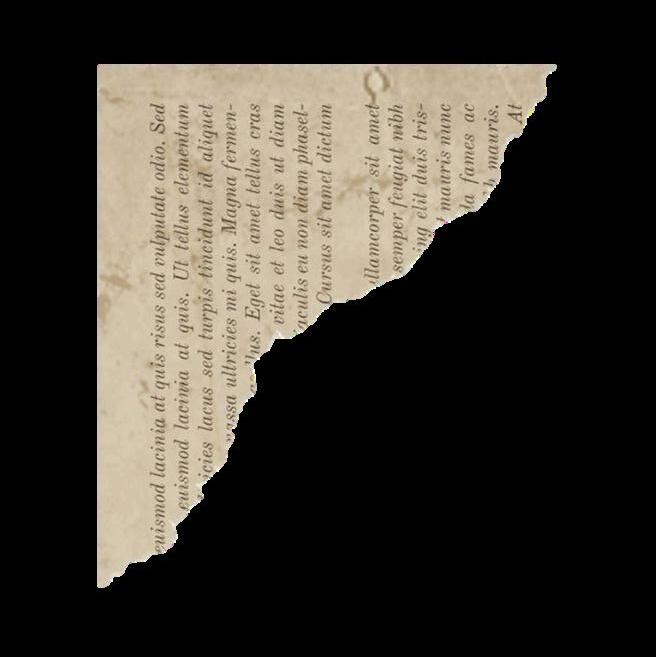


you choose to study the law isequally hwhichtheteachingstaffteachthe etween‘meaningfulsubjects’and lf,turnthelawintoadistantsystem essionoflifeitself.Partofthereason someaningfultomeisbecausethey manconversationforallofhistory. cedentialcaselawinlegaleducation, itisnotsohardtobegintoviewitsimilarly.Borderlineclinical specificityinone’sownapproachtotheirlearningultimatelystrips awaytheoriginalmoralstakesinlegalissues,andonlywhenmatters aretreatedcontextuallydoesmoralresonancereturntothe enforcementofrules,asitshould.Bycenteringadiscursive frameworkofrelationalreasoningandlivedexperience,thefeminine lenschallengestheremovedrationalismoftraditionallegaleducation, offeringamoreholisticapproachgroundedinwhatactuallymatters.
Atruepragmatistmayrespondtothisallbyasking,“Howwillthis helpmetobealawyer?”.TothisIwouldrespondthatweshould considerthestudyoflawasmorethanasteptoemployment. Famously‘unemployable’degreescreatehumanbeings,whiledegrees taughtwiththis‘masculine’qualityofdistanceandindifferencecan onlyproduceworkers,andIthinkthat'strulysad.
Giventhesethoughts,somequestionsworthasking:Whatisthe practicalimplementationofthisperspective?Isitevenpossibleto maketherulesthatgovernhumanbeingsmeanmorethanbeinga humanbeingundergovernance?Whyshouldwestrivetomakemore ofit?


Addressingthefirstquestion,implementinga‘feminine’lens throughwhichtoapproachone’sownstudyislargelyamatterof mindset.Totrainoneselftoviewthelawincontext,telescopingout isessential.Toseethewholeissue,andtheissuesthatlinkwiththat issue,andthehistoryofhowtheycametobe,andthebiological reasonthatissueexistsinourbrain’swiringatall.Theconnection ofknowledgeacrossdisciplinesremindsusofwhythesmalland tediousisimportant.Investingtimeinreading,notonlythe sectionsofmaterialthatareassessableintheexam,butthetextas awholeisdeeplysatisfying.EradicatingusageofAItoolsthatsave ontimewillinsteadsaveyoufromthecognitiveatrophyyouare slowlybutsurelydevelopingthatwillleadusalltoworkas efficiently,narrowly,anddistantlyaspossible.
Thisleadsintomysecondpairofquestions.
Iwasdoubtfulatfirst,butIdobelievethroughengagementwith feministjurisprudentialtheorylaw can beasmeaningfulasthe sciencesandhumanities.Theonlydifferenceis,theonusisonyou tomakeitso.Whyshouldyoudoit?Why,onlyifyouareasjaded byitallasIam,ofcourse.

Rising
By Lucy Cavanough Quince
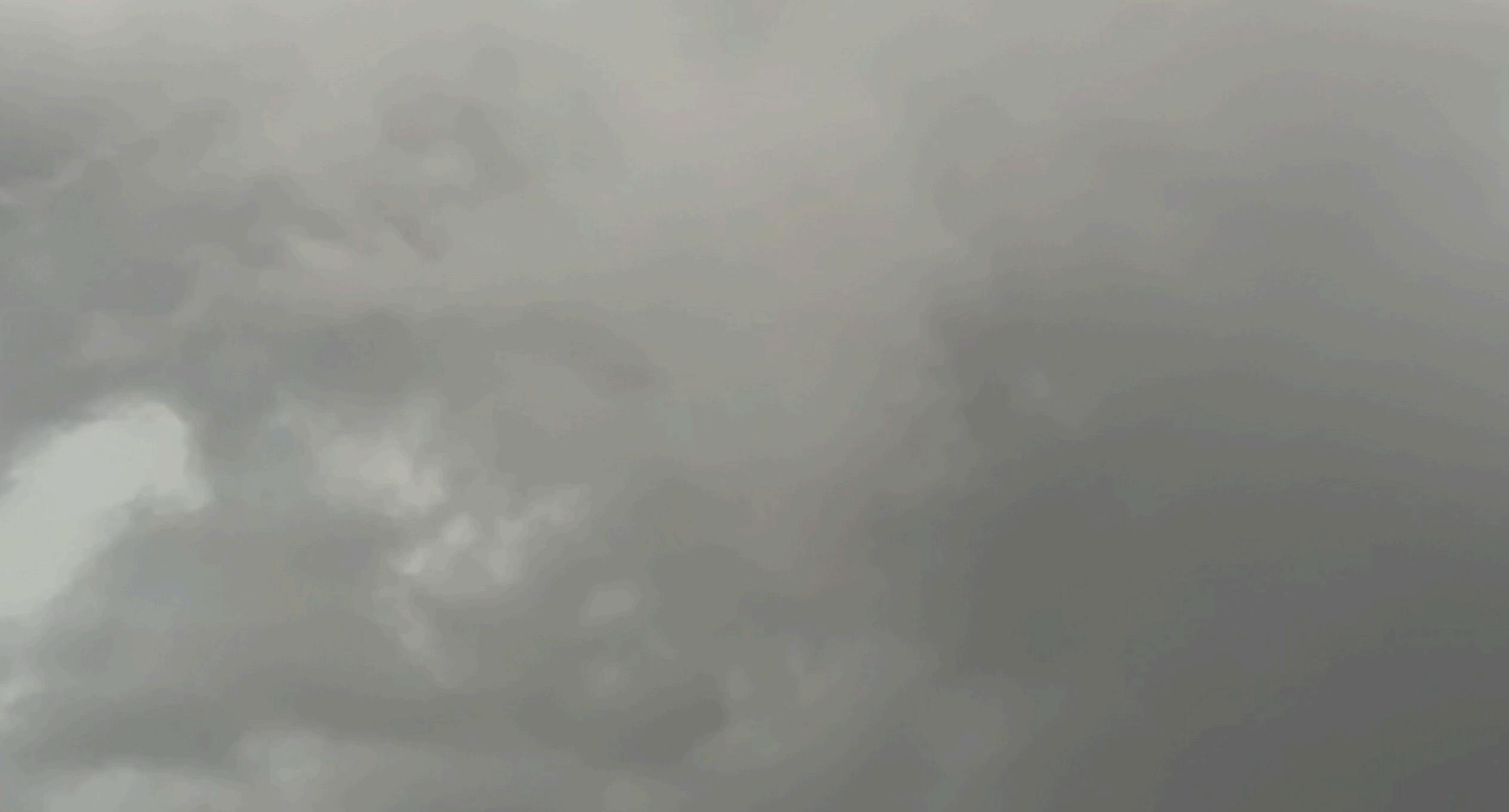
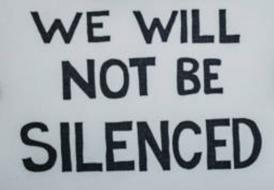



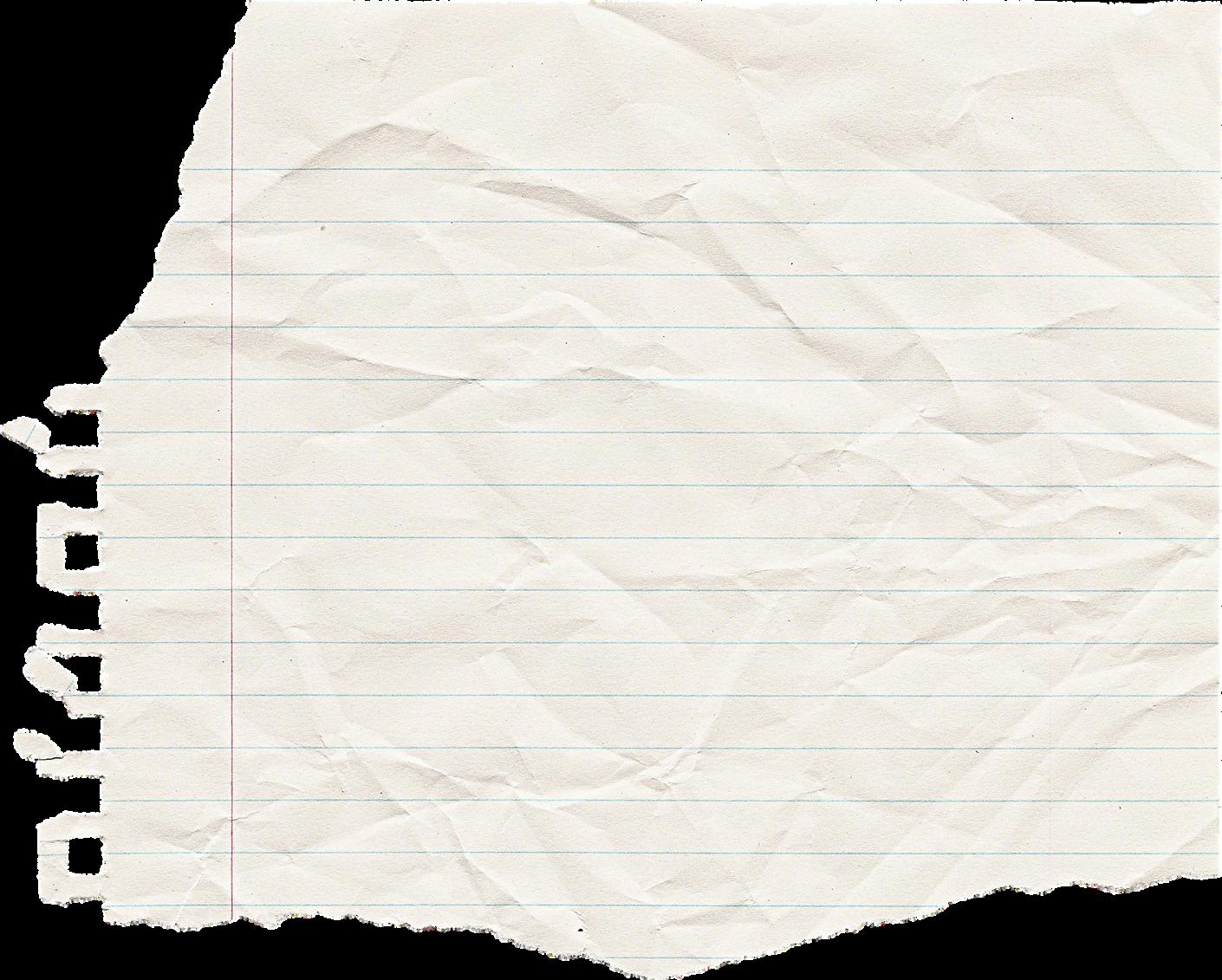

WOMEN POWER

Because I come from a land down under, Where I watch men
Express their sexuality with pride.
But I know too many women Who were forced into expressing their sexuality with bloodstained underwear that they are told to hide --
“No one will believe you, he’s a stand-up guy”
And when these women gain the courage to come up from down under, gasping for air… They look around,
And are pulled further down
By the fact that no one in power really seems to care.
Because when I heard Tony Abbott label abortion as “the easy way out,”
I had no doubt
That I come from a land down under, Where I see girls continue to slip further further further down.









Because what we see on Isn’t even a fraction of the stories That are swapped in girls living rooms, And over drinks it gets gory.
Droves of women and girls: stalked, harassed, raped, shamed.
Why are our leaders not outraged? Why is our acceptance of this so innate? We need to speak up for all our sakes.
I come from a land down under, But I am rising. Can’t you hear my thunder?
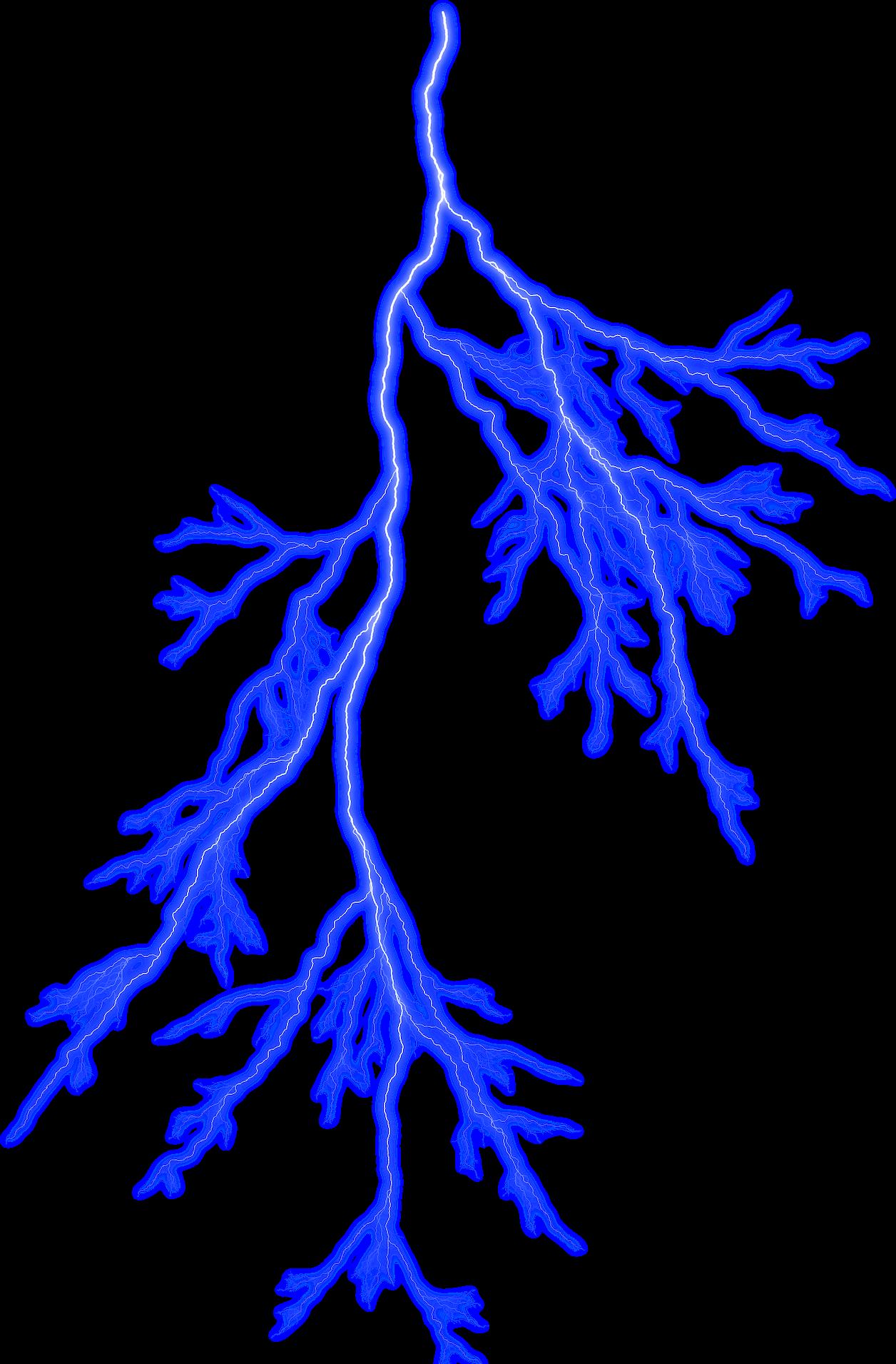
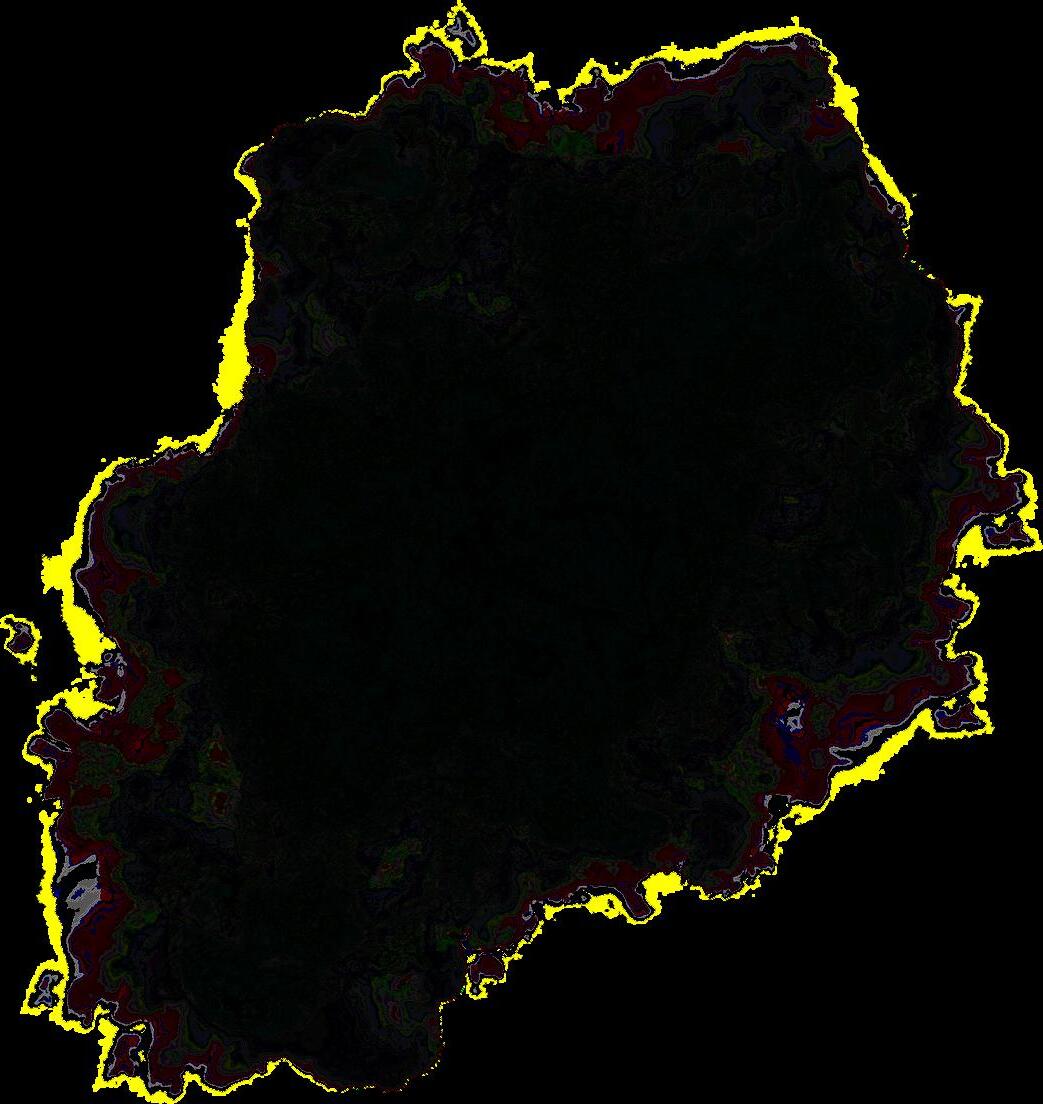




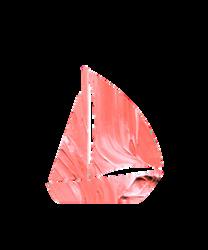








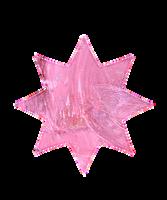
Entangled TwoDiariesByTheShore















MaeveShin
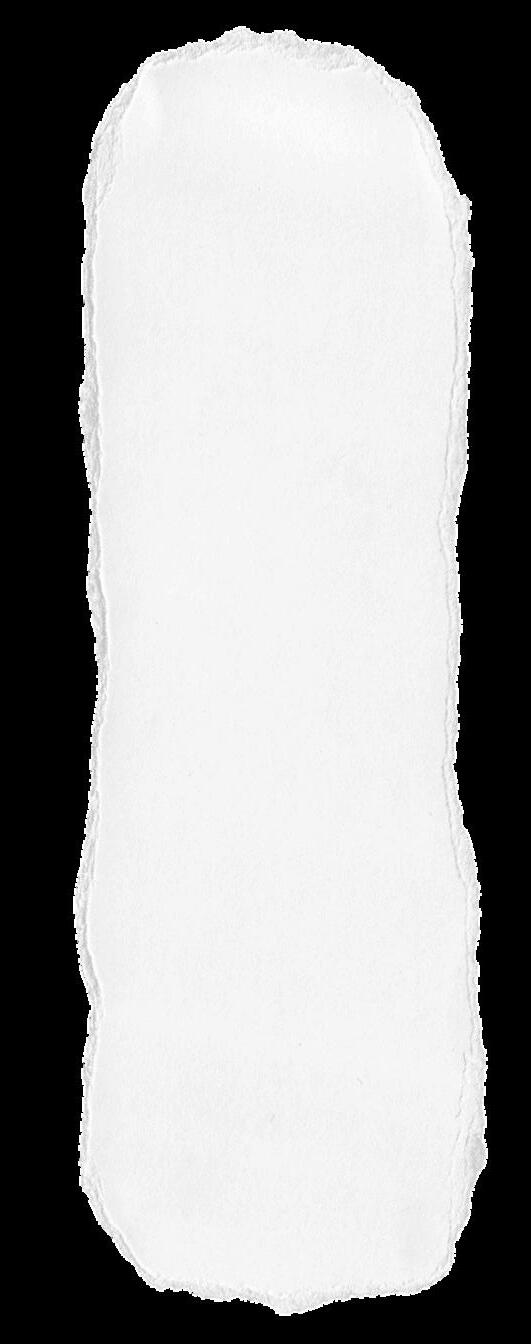







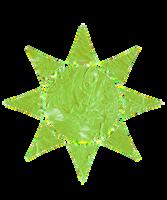
Luca’sDiary:JustAnotherDay

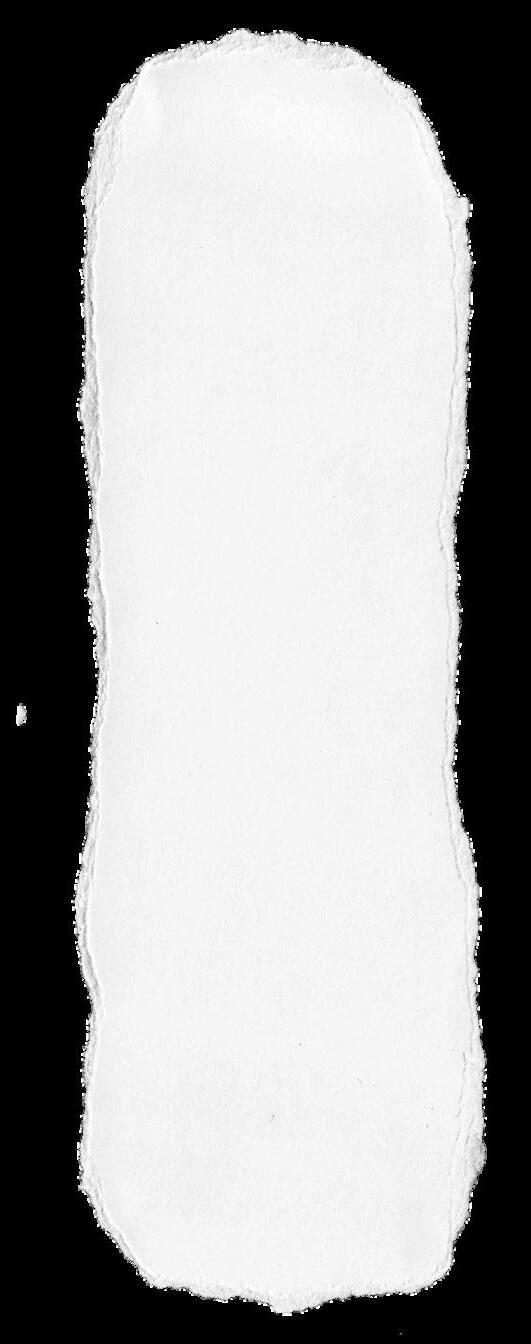
I was born in Manly, and it has always felt like home. Even when I ventured to other places, I carried this place with me and always came back Manly has its own rhythm wide beaches, winding paths on the headlands, and the steady voice of the sea. In summer, the streets are full of visitors spilling from cafés and bars, music drifting into the night. I have seen this town busy with festivals, late-night chatter, and the smell of food from the small streets It is both wild and familiar, a place that feels stitched into who I am.
But the place I knew has been changing Each year new walls and paths rise where the sand used to lie open. More lights along the shoreline, more noise from the streets that push closer to the water Where there were quiet corners, there are now fences and buildings The spaces I once slipped into are harder to find, and the edges of home feel narrower than before. And what’s more, the water itself is changing. After strong winds, the tide brings plastic and broken things onto the beach
And yet, what choice do I have? Life carries on. Each morning, I leave before the town wakes, heading out into the wide blue The day is spent moving, searching, never still for long By evening I drift back, hovering in the blue edge of water until the light begins to fade. That’s when I return, quietly, walking the small paths I know best. Night is when I feel safe on land, when the noise dies down and I can rest Then, with first light, it all begins again
Today is no exception The sun has not yet risen, but I wake at the faint smell of dawn Something inside me rises with the tide, pushing me out from home before I’ve even thought about it. Although the weight of yesterday leaves me, my feet take me down to the shore. The sand feels cool as I move down to the water The air is heavy with salt, and the sea waits for me, dark but familiar. I slip in without a second thought. Out here, there is nothing but motion, such as the sudden chase, the scatter, the gleam of silver fish slipping away Hours pass in this rhythm of pursuit and pause It feels as if the whole world has reduced to the water around me and the search for what keeps me going.
How long have I been in the water? As I try to regain my sense of reality, I feel a sudden drag, sharp and foreign, wrapping tight around me. At first I push on, hoping it will fall away, but the pull only grows stronger. A line cuts across my side, biting deeper with each move I twist and turn, trying to shake it off The water feels heavy with my panic Each stroke grows harder and each breath feels more desperate.
I fight to reach the surface, thinking of home, but the weight keeps pulling on me. At last, the familiar shoreline comes into view before me, but my strength is draining fast. I stumble onto the sand, trembling, the air too sharp to breathe The world tilts, the waves blur into noise, and I let myself collapse.
Today’s only my second day in Sydney, and I’m still full of unknown excitement The ten-hour flight from South Korea left me cramped and dehydrated, but the moment I stepped off the plane yesterday, the view kicked my blood right back into motion. I’ve already ticked off the Opera House and Harbour Bridge Yes, those Instagrammable icons I’ve always dreamed of seeing of course I had to throw some pics on my story! I’ve also wandered through street malls and tucked into random eateries. I couldn’t resist checking it all out, even if I splurged more than I planned This morning I decide to escape the city buzz and take a walk along Manly Beach. Growing up in Busan, South Korea’s dynamic coastal city, beach walks have always been my favourite way to unwind. With so many stunning beaches around Sydney, it’s tough to pick one, but a blog I read yesterday swears that Manly is a must-see; even before Bondi So I think, alright then, let’s do Manly first.
My excitement won’t let me stay in bed, so I wake up before my alarm, pack my bag, and head out. After ten minutes walking from my hotel, I reach Circular Quay, where the first ferry to Manly is waiting. I hop on, grab a seat, and start googling where to do brunch later When I finally decide to try out a Swedish café on Manly’s vibrant laneway after the walk, the ferry announces its arrival at Manly Wharf. When I step off at the wharf, the streets are still half-asleep I follow the flow through The Corso, past shuttered cafés, until the beach opens up before me. Wide sand, rolling waves the whole postcard view right there. I walk a fair stretch along the shoreline, passing the odd jogger and a couple of early surfers The morning is calm; just the sound of gulls and the hiss of the tide.
Then, up ahead, I notice something small on the sand Back home in Busan, walking along the coast, I often came across seaweed or bits of rubbish washed in with the tide. So, at first, I think nothing of it. But something tugs at me, maybe instinct, or maybe just my traveller’s curiosity, and I get closer That’s when it shifts A flicker of movement I walk faster. And then I stop. I kneel, heart pounding. I still don’t know what it is some small sea bird, maybe, though I’ve never seen one like this before Its body trembles, dark feathers soaked from the waves, plastic cruelly wound around its side I glance around for anyone, but the beach is almost empty.
The creature struggles to move, but the plastic drags tighter, biting deeper. Hesitantly, I reach out with shaking hands. Hey… It’s okay… . As I whisper, I have no idea what I’m doing. My fingers work clumsily at the plastic, tugging and pulling while I try not to touch the wound The bird falls back onto the sand, its chest moving up and down, weak but still alive.
“Wait That’s a little penguin,” a voice comes from behind me I look up A jogger has stopped nearby, holding a phone in her hand. “Their colony is




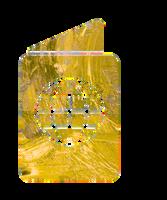


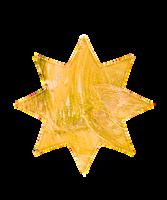

close. Must’ve got entangled while hunting. I’ll call the rescue group.”
“A penguin? Here?” I stare back down at the tiny body in the sand I came here for a morning walk, maybe brunch after But instead, I find myself kneeling on the sand, holding a life I almost walked past without noticing and in that moment, I feel bound to it, as if its struggle wove into mine The jogger kneels beside me She doesn’t try to pull the plastic, only check the poor bird’s breathing and keep it still. “It’s okay. They will come soon,” she tells me, already speaking into her phone.
The rescue team arrives two people in bright vests They kneel beside us and carefully look at the penguin. With steady, practiced hands, they remove the plastic in a way that shows long experience Then, together, they lift the penguin slowly, wrapping it in a towel and placing it gently inside a small box. “We will take this penguin to the centre,” one of them says. “It needs intensive rehabilitation. When it is strong again, we will release it back into the wild ”
As the rescue team retreats to where their car is parked, the jogger says, “It happens more than you’d think Fishing lines, plastic bags little penguins get trapped, and not all of them make it back ” Her voice is steady, but there is that heaviness in it.
As I listen, I start to think of home I remember Busan’s beaches after a storm, full of bottles and broken fishing nets. I realise the sea connects us all. The waves may head to different shores, but it is still the same ocean, carrying the same waste, hurting creatures in places I will never even visit This problem is not only about Manly It is everywhere, and it belongs to everyone.
I can no longer see the beach as just a backdrop

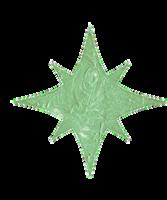



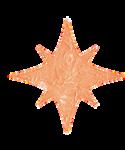


Something gentle touches me, though I cannot tell what it is My eyes stay closed I don’t have the strength to lift them The tight line around me loosens, and the pressure eases. I feel myself being placed onto something soft, carried by sounds I cannot understand
When my eyes finally open, the place feels strange but also somehow familiar, like a memory I cannot place. Around me I see others whose faces I remember from Manly, friends I once swam beside Now they lie still, some with wounds, others too tired to move
A person comes in A hand runs over my side, slow, careful It’s not the sea Not the wind It feels strange, but also soft I feel they want to help Maybe they can. The pain eases… but the walls, the light above, none of this belongs to me. I am not in the water. Not in my burrow. Not home. It has been a long day Too long My eyes slip shut again, and the sounds drift far away. Luca’sDiary:TheLongDay
Tonight, I cannot stop seeing the rescue car pulling away, the small box held steady between careful hands. The image of the penguin's dark eyes and its trembling body lingers I wonder if it, after all this, will return to the waters of Manly, back to the home it knows I close my eyes and try to let sleep take me, but the memory only grows sharper For a moment, our lives touched, bound together in the same net and I know I will carry that moment with me, long after the waves have washed my footprints from Manly’s sand.







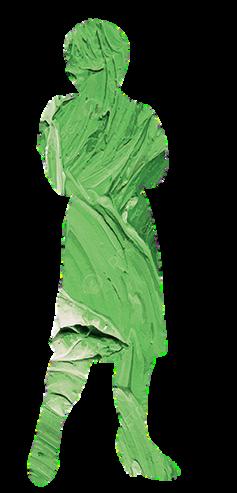










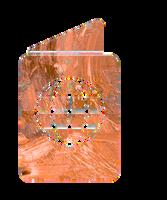

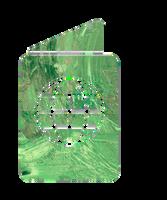






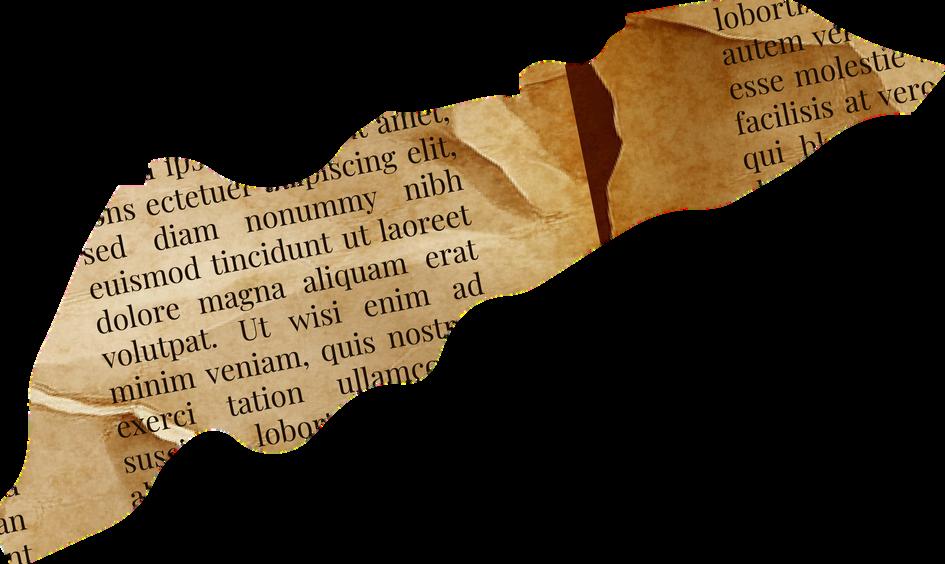



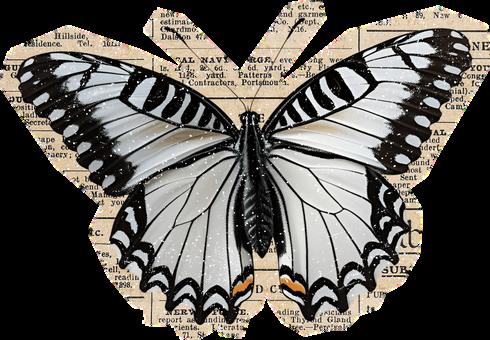
In 2025, we know shockingly little about half the population’s health

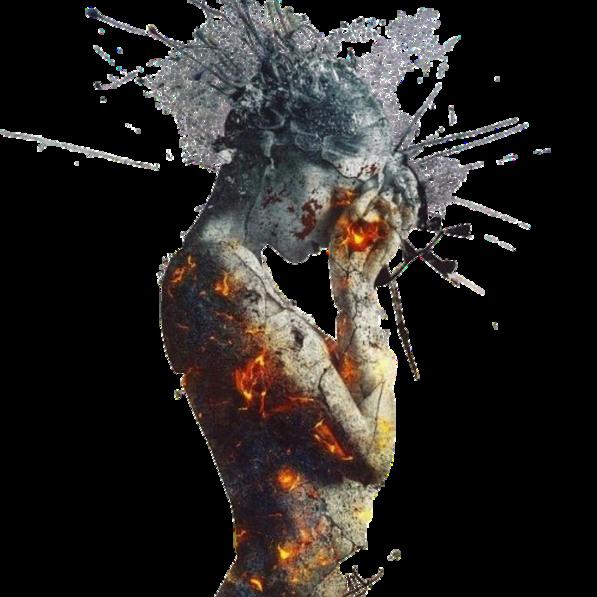
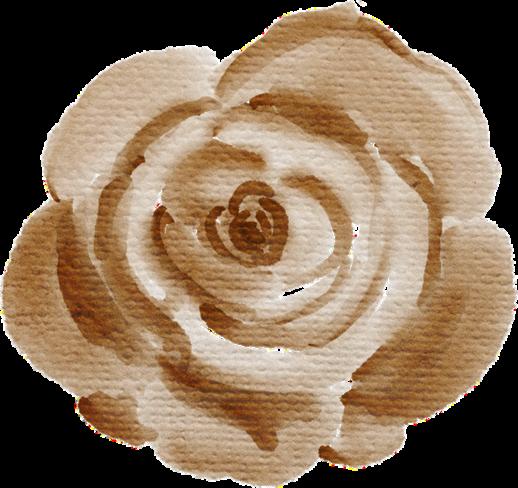
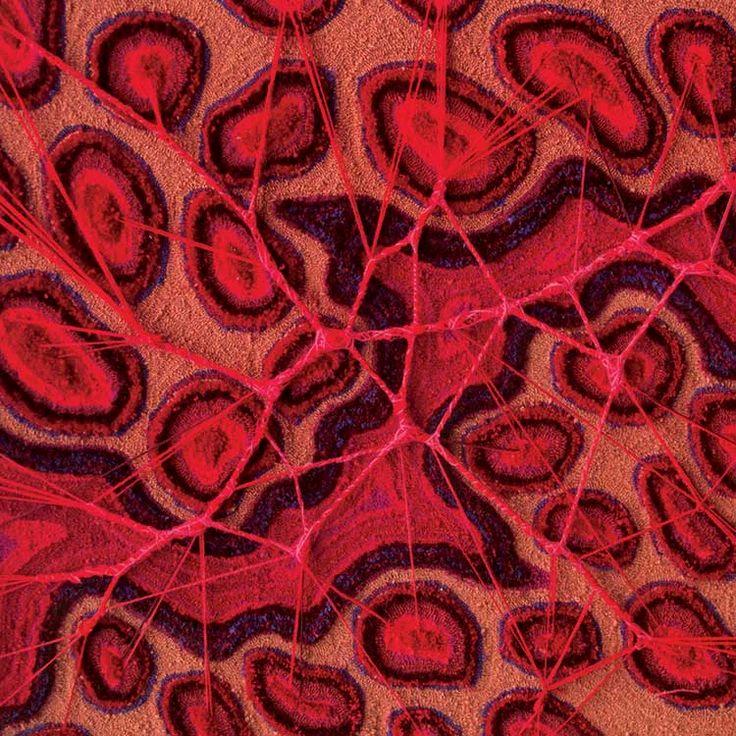
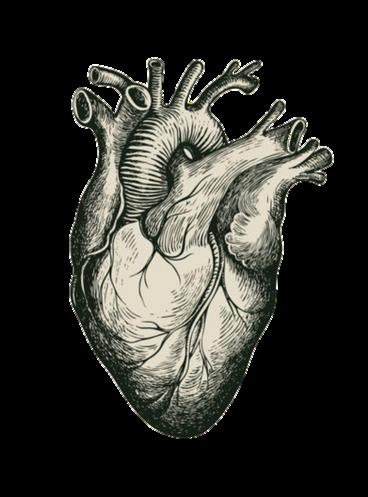
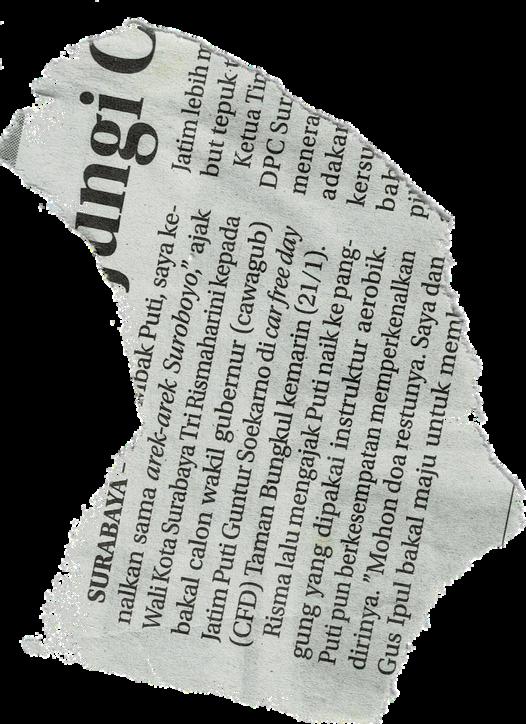


Beneath our healthcare system lies a silent epidemic - one born of stigma shared by practitioners and society alike, creating gaps in healthcare, impacting how women engage with and challenge the system From cardiovascular conditions presenting differently in women, to the chronic pain conditions disproportionately affecting them, female-centred healthcare has consistently been under-researched, under-funded and ultimately under-valued.
In 2020, only 5% of global research and development funding was dedicated towards women’s health Of that, a mere 4% went toward women’s cancers, and just 1% addressed all other women-specific health issues - 25% of which focused solely on fertility These concerns are not merely statistics, but are rather a reflection of society’s value of women. An underinvestment in women’s health research is not a women’s issue– it is a societal one, contributing to misdiagnosis, limited treatment options and persistent gaps in healthcare delivery, which will cost the global economy $1 trillion dollars in annual global GDP by 2040

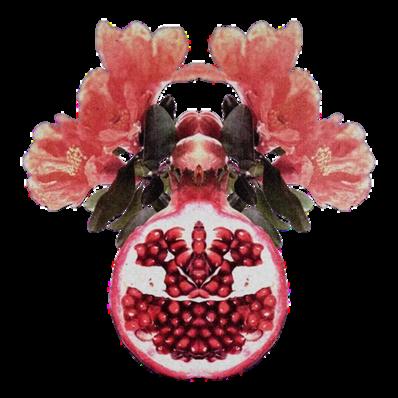


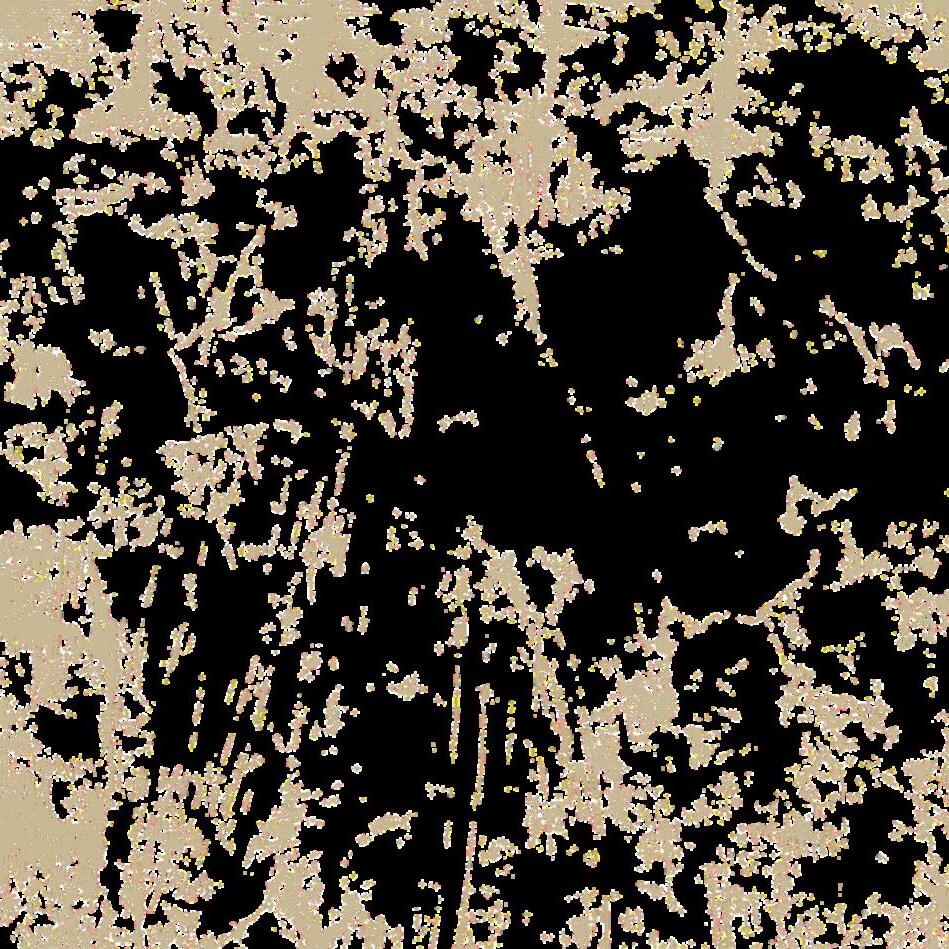
Taking endometriosis as an example, I highlight that closing the gap demands more than mere medical reform; it requires dismantling the structural and cultural biases that foster systemic prejudice in alignment with private and public funding to deliver better outcomes in women’s health.
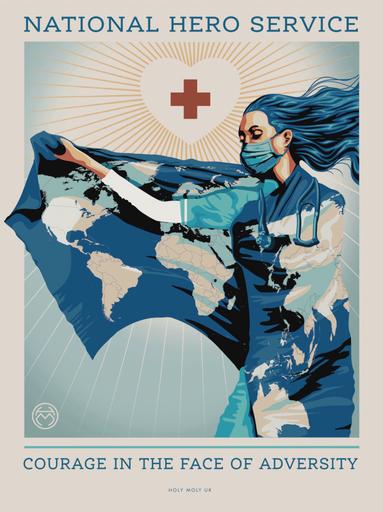

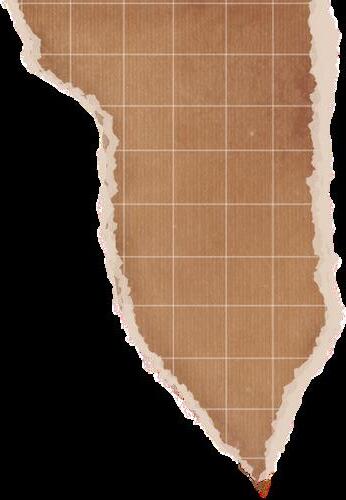

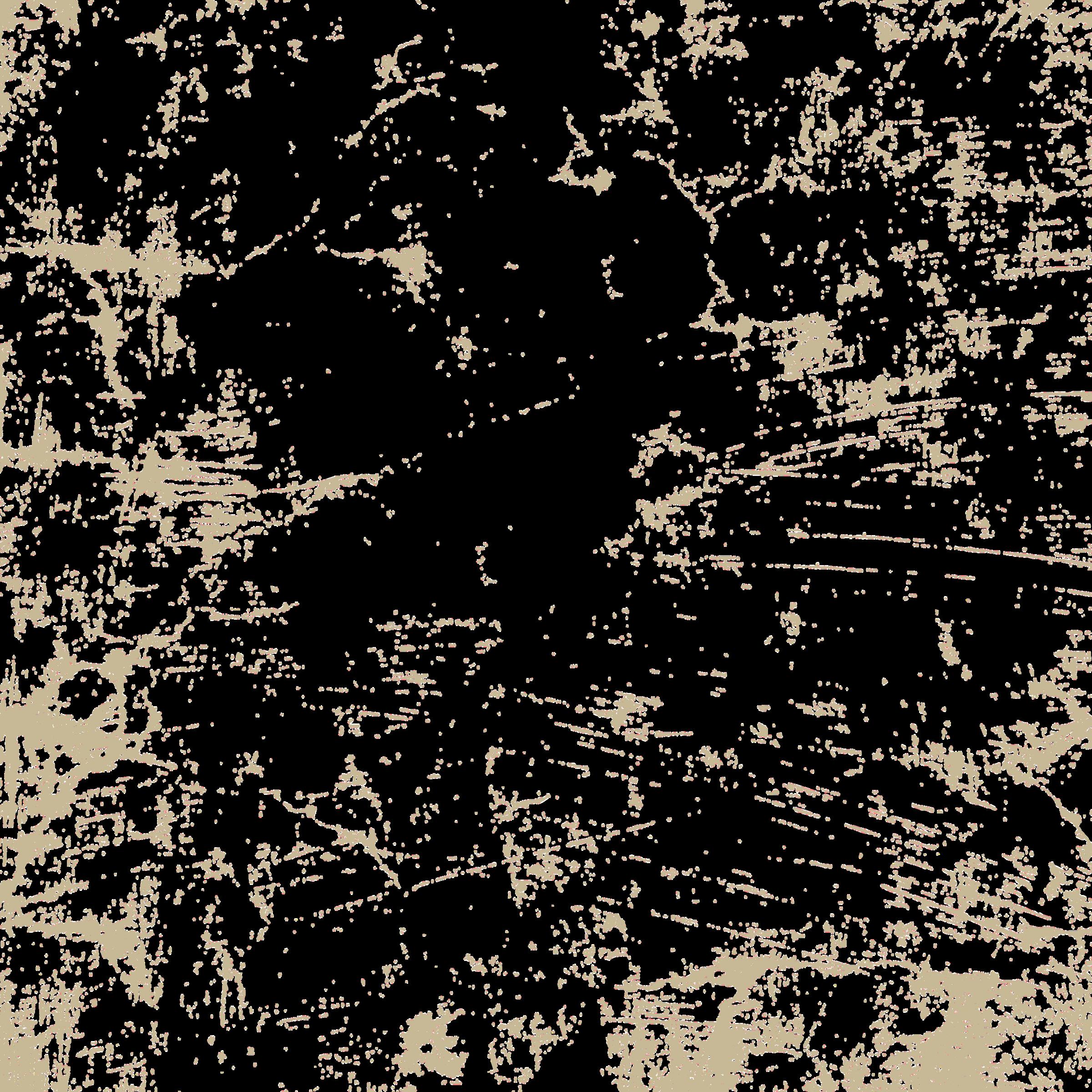







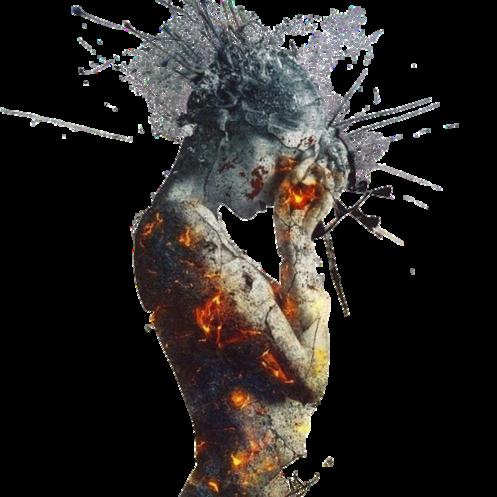






According to Kocas et al average of 7 to 10 years se receiving at least one initi misdiagnosis extends bey health, affecting other con including fibromyalgia, ch autoimmune diseases suc erythematosus. Research for diagnosis of female-ce years Such delays reinfor experiences are discounte toward the medical profes





















Beery and Zucker complet that challenge the status sex bias in biomedical res confronts is the common exhibit greater biological evidence refutes this claim variability between sexes gene expression and horm overall variability is not gr differences in disease pre the necessity of studying


















developments in



the gap, to promote equita first endometriosis resear
Endometriosis Research I through private funding T spearhead research dedic for endometriosis. With ov condition globally and the estimated between $74 an provides a long-overdue f women’s health.
This progress is echoed o policy following suit, inve healthcare The package in




























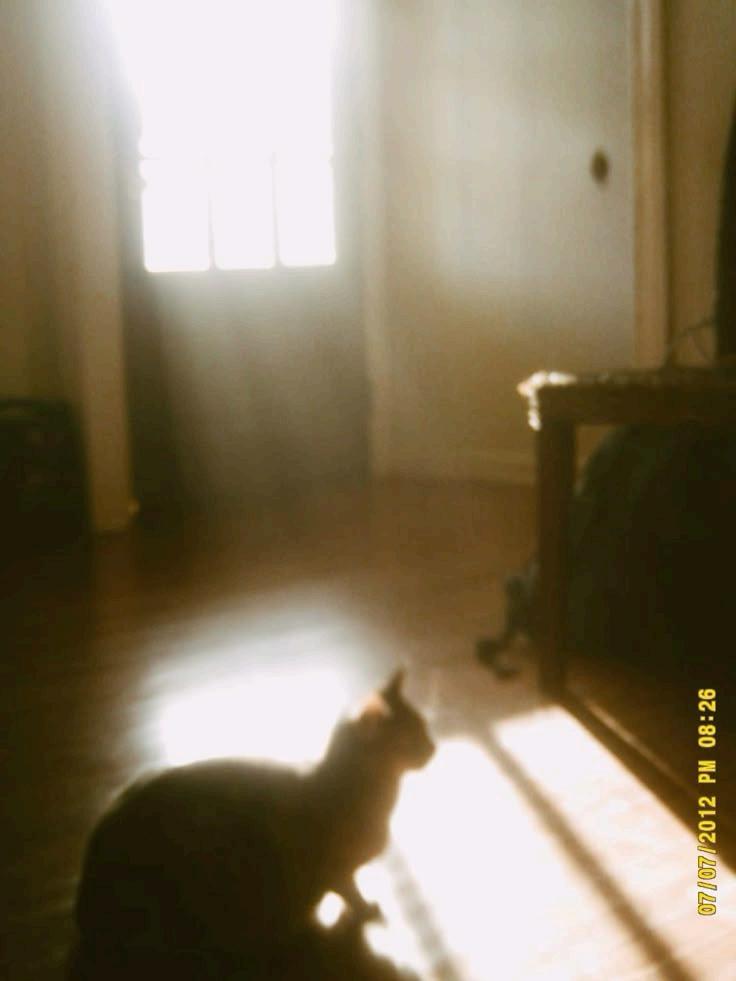
Loss of a childhood pet
Michelle Jiang

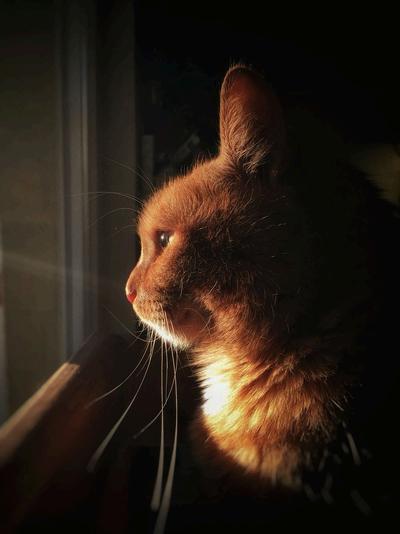
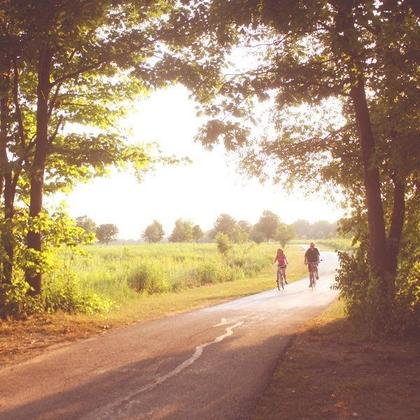
Thefirstlifewasathunderstorm aftertheymovedwithouthim—
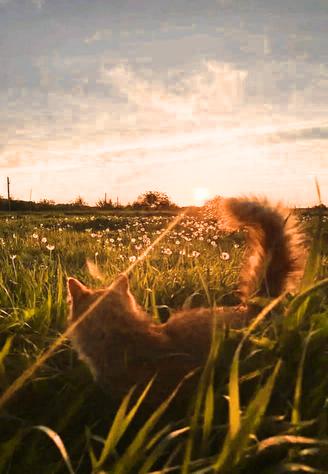
Asifcarewereanoption,loyaltywasabandoned. Weopenedthescreendoor,fliesandmozzies skitteringaway towardswide,uncertaineyes blinkingontopofathin,raggedframe.





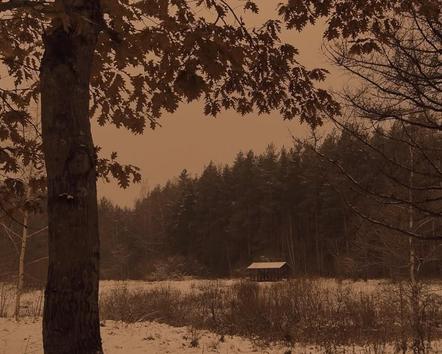
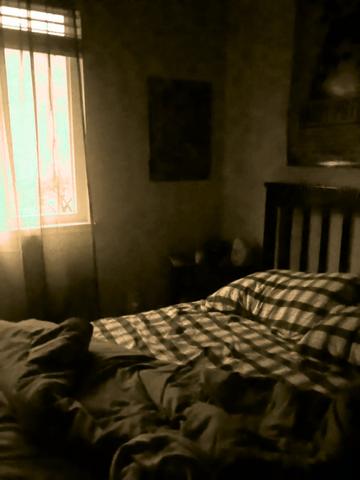



II
Wewatchedhiscoatgrowsleekandplumpand withourchildhoodsblazingbehindhiseyes, hetoddledbetweenankles asthejoyofourlives.
Manyhandscaressedhispurringhead rejuvenatedfromhisfirstlife whileourcurtainsweretornbyclaws thatknewnoshame.






Still,wecheeredhimon–everythingwasforgiven afteraraspymeow softenedourhandsandhearts.





III

Hethreadedhimselfthroughouryears: sleepoversandslammeddoors, firstkisses,finalbreakups, themirrorthatneverrevealed quitethefaceorbodyweexpected.





Onewouldthinkthiswas hisfavouritelife: soft,younghandsthatfedhim nudgingbetweenhiseyes, histailwavingcontentedly.





IV
Lazykitty,wecalledhim ashisnapslengthenedthree-fold.

Ahiccuphere,astumblethere andoureldersbegantoscold.
Ourheadsboweddown,shouldersslouched whilewedidwhatweweretold.





Butfelinesrarelycompromise,so wewatchedhim,uncontrolled hisflexingclawsandflickingtail transcendedheatandcold aninvisiblebonfireofgrit withinthefrostdarkworld.







VFatheradmonished us,coweringtogether yourroughnosebrushedmine.
Isat,kneesclosedin dresstuckedunderneathmylegs mirroringyourtail.




‘Ladylike’Mother noddedwithquickapproval youscowledupatus.
Yowlingandhowling Wedidnotknowwhatwaswrong Thevetsaid,“Giveup,”
Ascreamingsilence

Slicedthroughyourscaredandbrighteyes Weheldonyoutight.


VI
Sing,OGoddessofEphesus,DaughterofLeto



Whyareyousilentnow?Manybeforebraved Hera’swrath andyou,GoddessoftheHunt,fierceasyourfather WhycanyounotSing?
YouprowledthecapesofIthaca andacrosstheAegeanSea YouslinkedthroughAnatolia’snorthwest Aroamingdeity.





Delosheldyournaissance butDianawasyourdeath— Achosenstory rewrittenwithman’sbreath.
Butyouhadnotreachedtheninth. Yearsyouhadleftinyourbank soyouproppedyourselfup andbravedameekmeow.

Yourvoicecameback butstillyoudidnotSing.



VII
Wewatchedhelplesslyasyourreality

SpiralledinaDanteandescent Foronceitscaredus,asyoubegantorelent.

Thecountwascloseandevenyouknew Youdidnothavemuchtimetolive. Weknewaswellwehadnotmuchlefttogive.
Agirl’slifeisshort
Notlongenoughtoreallyliveherbest. Ifthereisspiritandstrength,thereisnotimetorest.





Eachmonthfeltfinal, Likeeachcircleofhellwasanend. Greedandslothandwrathandpride wecouldnotmakeamends.
Eachgirlaccusedofadeadlysin Catalysestheirwomanhood Butsevenwasinsufficient,tosaveyouI thoughtIcould.





VIII
in my absence your frailty grew as if my youth was bound to home and my home abroad lacked your warmth girlhood was dying alone






i saw you through the tiny screen you blinked your big green eyes you watched my face become more open as each season passed without fail





VIII
i begged you to stay until i was back your haggard expression was tired

accused of selfishness i told you to go if you really wanted





in hindsight it was a trade-off my bildungsroman for your ageing
i would stay young forever if it stifled your passing.




I knew it was over when you would not meet my eyes.

VIII




I’d have nurtured you savoured you
Come back please my love. before you counted to nine.
If I had knew you’d be gone so soon, I’d have held you closer.




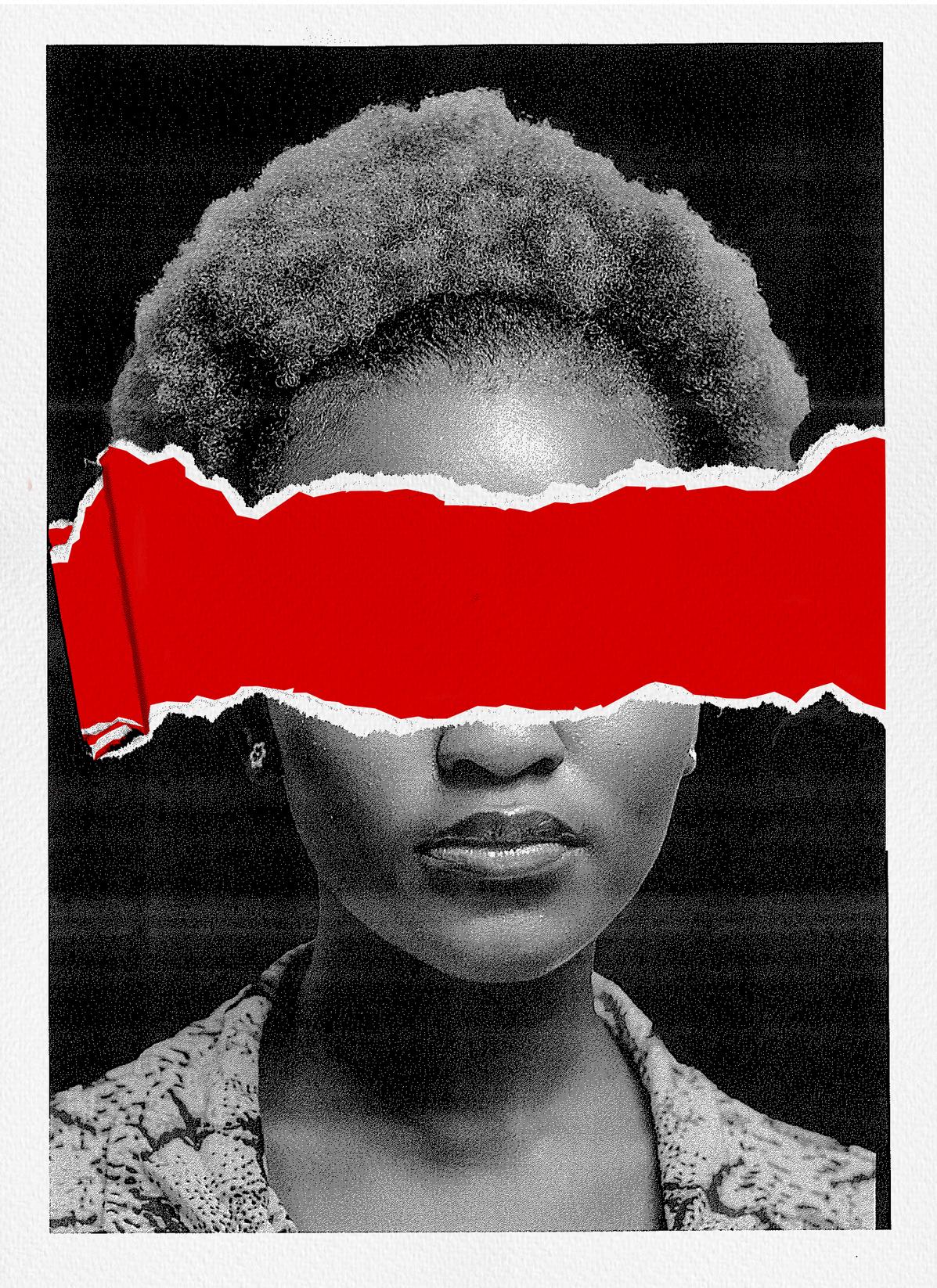
Battered Woman Syndrome
An Effective Defence? Phoebe Adam
Armed with one of her husband's guns, Claire Margaret
MacDonald crept behind some bushes on her farm in rural
Victoria and waited for her husband Warren to emerge
from the front door. Clad in a camouflage T-shirt and hat, and wearing rubber gloves, she took five shots, loaded the
sixth, and fired again. No denial was made. In court, she freely admitted intending to kill her husband. The only
means of ending the years of abuse she and her children
had endured at his hands, she argued. In September 2004
she was acquitted of murder, with the jury delivering a
verdict of not guilty on both counts of murder and
manslaughter.
Her defence?
‘Battered Woman Syndrome’ . 1
What is battered woman syndrome?
Battered woman syndrome (BWS), initially conceptualised by psychologist Dr Lenore Walker in the 1970s, describes the psychological and behavioral makeup and patterns displayed by a woman who have suffered persistent intimate partner violence (psychological, physical, or sexual) from their partner. Gleeson CJ in R v Chhay (1994) stated that “a battered woman may tend not to react with instant violence to taunts or violence
as men tend to do… Instead, they typically respond by suffering a ‘slow-burn’ of fear, despair, and anger which
eventually erupts into the killing of their batterer, usually w
BWS explains why victims remain in abusive relation
iolent behaviour as a result of compounded trauma.
In NSW courts, BWS is not a stand alone defence i
ed in con
extreme provocation. In New South Wales,
serve as a ‘partial defence’ to a charge of m
t
t t
accused acted in response to extreme provocation, the offence can be reduced from murder to manslaughter BWS evidence may be used to prove that the accused believed their conduct was a reasonable response in the circumstances as they perceived them to be.
6 7
Legal Background
Despite being criminalised over forty years ago, domestic violence remains widespread throughout Australian society Many ‘battered’ women still face challenges seeking justice in a male-centric criminal justice system, which is why the defence of provocation is essential.
However, following significant law reform in 2014 in response to Singh v R [2012] (‘Singh’), there is an argument that the defence has become so restrictive it is practically redundant In this case Chamanjot Singh successfully applied the partial defence of provocation and incurred a non-parole term of imprisonment, despite violently killing his wife. Provocation was found to have developed by Ms Singh telling her husband of her plans for divorce and threatening to have him deported. The Singh case raised concerns about the defence contradicting its original purpose and operating as a “licence for men to kill their female partners who dare to assert their
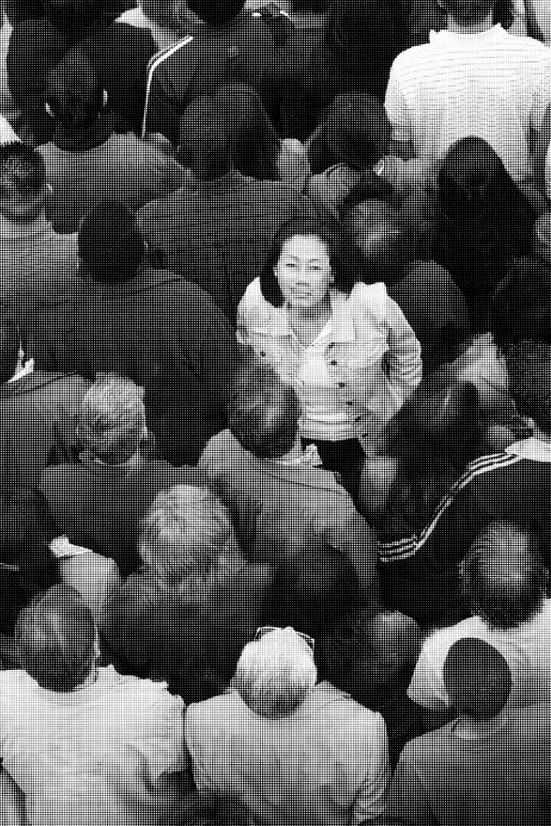
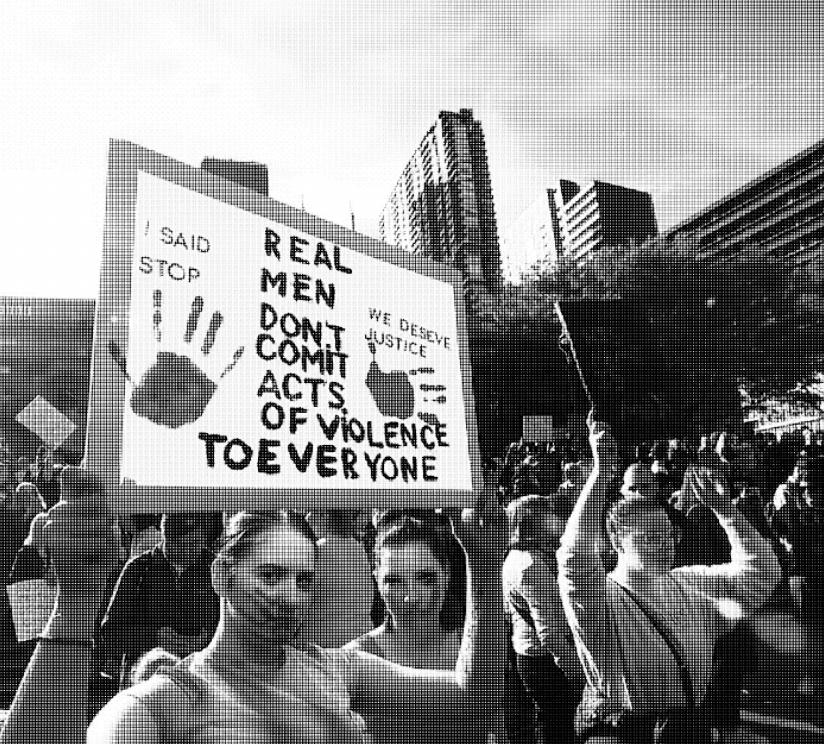
own autonomy by leaving or choosing a new partner” Use of the defence interstate also validated male violence including including the 2004 case of R v Ramage in Victoria and the 2007 case of R v Sebo; Ex parte Attorney-General in Queensland. Other cases involving male defendants applied the defence when killing in response to non-violent homosexual advances, such as in Green v
The Queen (1997) Ultimately, feminist figures, such as the Hon
Helen Westwood, were prompted to raise concerns in parliament
The resulting inquiry from the Legislative Council criticised
provocation’s misuse in male-perpetrated intimate homicides and homosexual advance cases, yet tried to keep a credible balance for those who “had been understandably provoked into a violent response as a consequence of longstanding continuous and serious
domestic violence” There was a strong recognition of the provocation defence as a critical “halfway house” for victims of domestic violence unable to satisfy the stringent criteria of selfdefence. Further, the reforms sought to limit the defence’s applicability in cases where the provocative conduct was from words alone, as seen in Singh
Renamed "extreme provocation” after the reforms, the defence now requires four elements:
The killing must be in response to the behaviour of the deceased towards the accused. The deceased’s behaviour must constitute a serious indictable offence (carrying at least a five-years’ imprisonment ) The accused must have lost control over themselves because of the provocation, considering the idiosyncrasies of the accused.
Objective Test: Would the provocation cause an "ordinary person" of the defendant's age and sex, with normal sobriety and maturity, to lose control and intend t
Effectiveness
Applying BWS within extreme provocation is fraught, with the recent law reform effectively taking away the original application of the defence; extending a lifeline to women experiencing BWS.
The 2014 introduction of the ordinary person test risks
invalidating BWS claims, as it fails to wholly reflect the
psychological impact of prolonged abuse. Those who
did not experience the ‘ideal victimhood narrative’ ,
unaffected by BWS, may not have reacted in the same way, leaving true victims vulnerable to harsher convictions.
The requirement of a ‘serious indictable offence’ also
creates barriers Women’s
Legal Services NSW noted that unreported abuse makes proving such offences difficult, while the NSW Bar
Association highlighted that threats alone may not qualify Scholars such as Crofts and Loughnan question whether coercive control, such as stalking (punishable by five years’ imprisonment), consistently meets this threshold By contrast, Queensland's provocation defence is broader, allowing verbal insults or minor conduct to suffice to cause the deceased to “lose self control” . Northern Territory laws even allow a broader definition, where provocation can include ‘grossly insulting words or gestures’
Two cases that illustrate the success of the extreme provocation are Chant (2009) and Russell (2006) In
23
Chant, a woman killed her violent boyfriend after years
of abuse, triggered by his drunken threat with a rifle, which caused a panic-induced loss of control. In
Russell, another woman stabbed her de facto partner after he punched and swore at her amidst a background of alcohol-fuelled abuse Both cases
resulted in pre-trial pleas to manslaughter on the basis
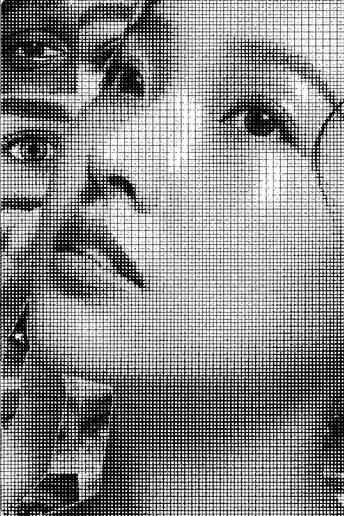
of provocation, recognising
BWS as cumulative trauma
necessitating violent response.
Since 2014, however, to prove
the rifle threat or physical blow amounts to a “serious indictable offence” , has become intractable, particularly where prior abuse is unreported prior or lacks
corroboration. Such inflexibility, combined with the narrow limitations of self-defence, may force battered women to accept manslaughter pleas to
avoid murder convictions.
The requirements of defence of extreme provocation work not only to rule out male perpetrated violence but also to remove the protection of the criminal law to
‘battered’ victims of domestic abuse. Unless legislative
reform, NSW courts face the tricky task of navigating this balance in future cases
R v Chhay (1994) 72 A Crim R 1, 13 (Gleeson CJ)
Crimes Act 1900 (NSW) s 23(1).
Silva v R [2016] NSWCCA 284
Singh v R [2012] NSWSC 637
Rebecca Bradfield, ‘Domestic Homicide and the Defence of P
Husband and the Battered Wife’ [2000] UTasLawRw 2; (2000) 19 University of Tasmania Law Review 5, 35
[2004] VSC 508 (9 December 2004) (‘Ramage’)
[2007] QCA 426; (2007) 179 A Crim R 24
Green v The Queen (‘Green’) (1997) 191 CLR 334
Fitz-Gibbon, Kate --"Homicide Law Reform in New South Wales: Examining the Merits of the Partial Defence of
'extreme' Provocation" [2017] MelbULawRw 10; (2017) 40(3) Melbourne University Law Review 769
New South Wales. Parliament. Legislative Council. Select Committee on the Partial Defence of Provocation, The
Partial Defence of Provocation (Report No 1, April 2013).
Fitz-Gibbon, Kate --"Homicide Law Reform in New South Wales: Examining the Merits of the Partial Defence of 'extreme' Provocation" [2017] MelbULawRw 10; (2017) 40(3) Melbourne University Law Review 769
Singh v R [2012] NSWSC 637 (7 June 2012).
Crimes Act 1900, Section 23(1)
Sally Crosswell, 'DFV at Forefront in Defences Review' (2024) QLS Proctor (December 2024) <https://www.qlsproctor.com.au/2024/12/df
New South Wales, Parliamentary Debates, Legislative Assembly, 14 May 2014, 28 773–4 (Paul Lynch).
Thomas Crofts and Arlie Loughnan, ‘Provocation: The Good, the Bad and the Ugly’ (2013) 37 Criminal Law Journal 23, 24
Section 268, 269 (Queensland Criminal Code Act 1899)
Section 158 of the Criminal Code 1983 (NT). R v Chant [2009] NSWSC 593 (26 June 2009) (‘Chant’)
R v Russell [2006] NSWSC 722 (21 July 2006) (‘Russell’).
THE CAPITALIST ACTIVIST
by Rahat Ramsa
rogs boil, slopes slip, points tip
But darling, you look radiant
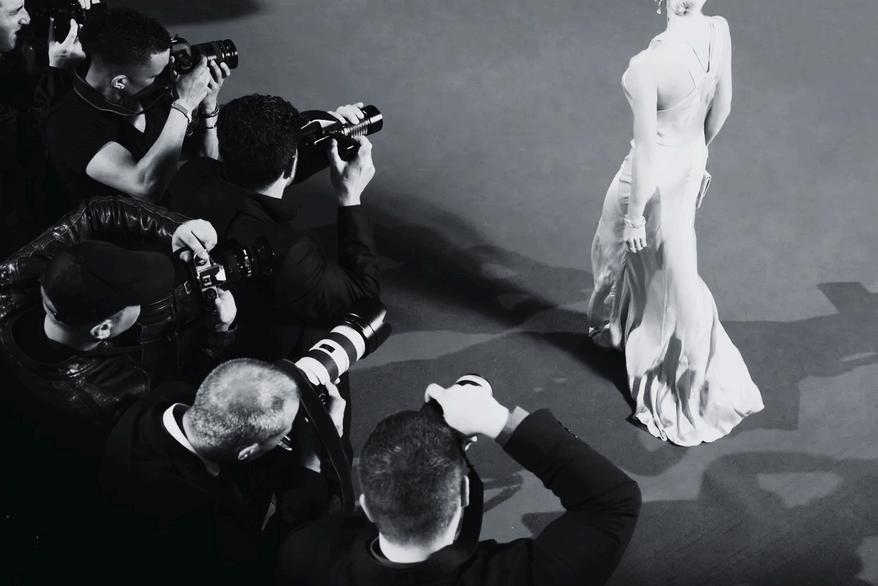
Bejewelled, in Prada’s citrine and morganite
Sheathed in sequined, silver
Ralph Lauren
Hobnobbing with Hillary Clinton
Relieved of the hoi polloi again.
And as your hand hovers
Towards the allure of iridescent champagne (Euphoric bubbles in twinkling tumblers)
Do you wonder… when you began to feign?
When you became initiated into institutions
Which championed your peoples’ pain?
Can’t you see?
These crystals cost nothing but concessions
Unspoken sanitation
Silenced confessions
MOUs and guidelines on when To punctuate your grid
With black squares and genocide
Lest sponsors leave horrified.
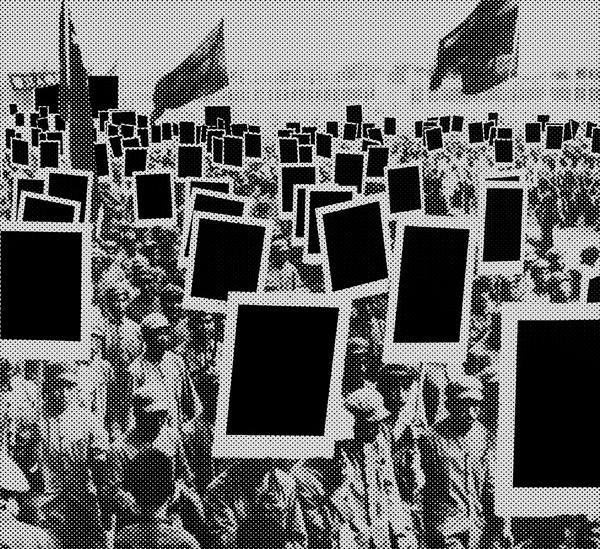
On your lips was once a truth Few dared to speak.
T M i h f th k
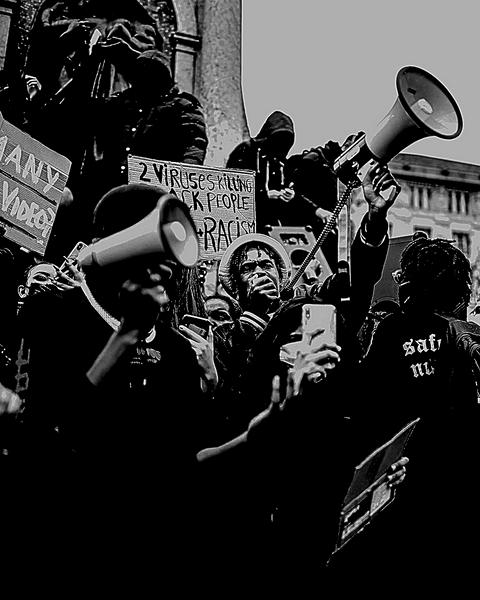
y
Echoes of liberation
With lipsticks and libation. Concealing complicity In custom Chanel.
Won’t you see?
(Though I absolve you not Of your excesses)
Your gravest sin is in
Y don
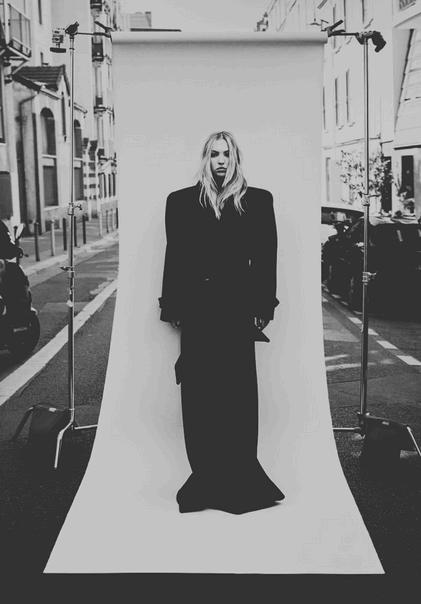
In their quid pro quo of credentials
(Corporate social essentials)
Camouflaging culpability
By borrowing community; Offering aesthetics to anesthetise
The pain of auctioning our faith.
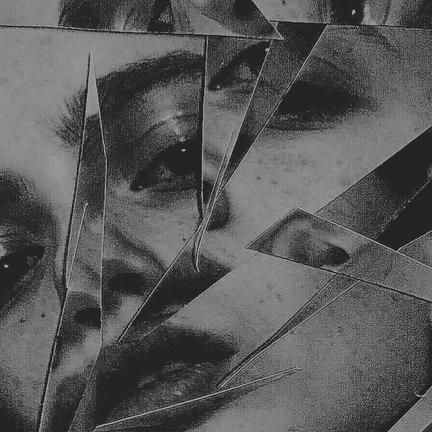

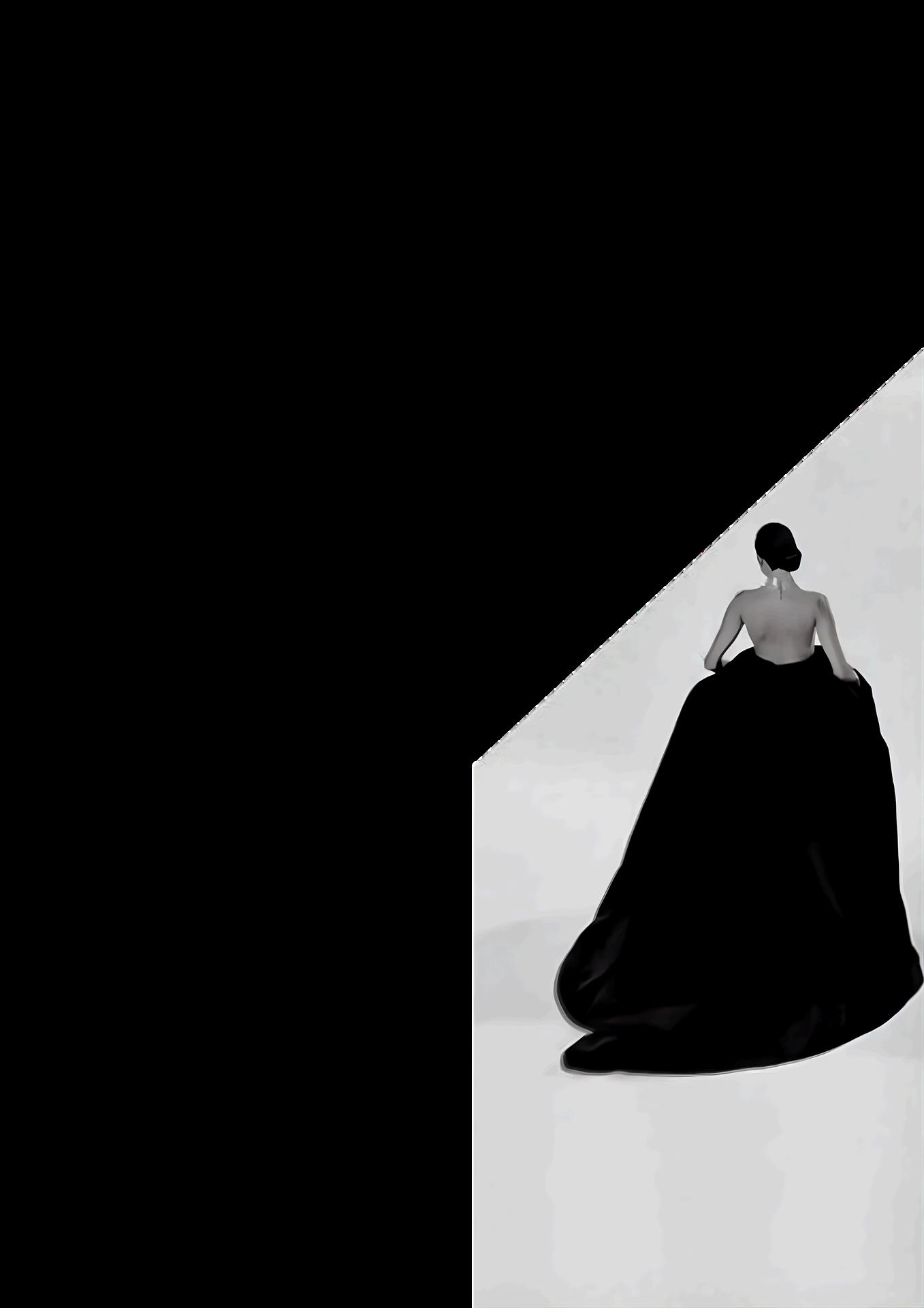








Of Thread and Time
by Yang Yang Jiang








Time. For every new thread it stitches into your life, it unpicks and unravels another. And it unpicks, unravels and stitches at a speed incomprehensible to even the most experienced tailor.
And for me, there’s nothing left to unpick nor is there anything to stitch An apparition of memory would be a fitting description.
It’s funny in one moment you think you are the centre of the universe, twirling from ballroom to ballroom, to a picture covered in dust. I can hardly recall my name anymore
But can you tell me what I look like?

Oh pardon me You wouldn’t be able to see me anyways But you’d be able to see my roommate She is, what you’d call, an actual, living person
The trinkets you and she have are so very interesting. It remains to be the only joy in this dull life of mine. And today is one of those more tolerable days as I watch her savagely tear into a new, bright yellow package.
Within seconds, the yellow packaging is strewn across the floor unceremoniously and she is ripping into the cardboard, hardly caring for the fact she could, perhaps, reuse it.
Perhaps noticing that she is more passionate than usual, I lean in closer in curiosity But as she pulls the article out of the box, I feel my heart freefall And in my shock, I trip over swathes of fabric. I try to grab onto something, silk skirts tumbling around me in layers, and a storm of cloth fills my vision.
“ ... Stand straighter. Lace it tighter. Stop squirming, a couple of hairpins won’t kill you ”
I stumble out of the room, gasping for breath. And there in the mirror, I see a girl with her hair pinned up high, in gold and precious gems.
I know her
Her gown billows around her like the sea.
And her face. My face, smiling, drowning in it all.
For a university student, nothing brings more joy than knowing you have a parcel that’s waiting for you at home. Even more so when it's something you ’ ve waited months for—that one Black Friday or End of Season sale.
Cardboard and plastic strewn across the floor, I hastily take out the article of clothing whose tracking I’ve been staring at for the past week the smooth satin and chiffon fabric shimmering under the setting sun. In my mind, all the styling choices fall into place—perhaps over a dress? With a skirt? Or some skinny jeans?
Would that be too much for university?

“You mustn’t run like that, have some decency” “Smile. No man wants a wife who's constantly frowning” “Change out of that gaudy thing, please.” I claw at my dress. I can’t breathe.



I feel like my collection has gotten out of hand, or my ‘addiction’, as my friends say.
I’ve been watching YouTubers, scouring Reddit, doomscrolling on TikTok And my toxic trait is thinking yes, I could make that myself Maybe I should.
Then I could choose all the fabric I like, the design, and the beading! But maybe after the term ends… Argh, I really need to do well in this course

The girl diligently feeds the fabric through the machine. Paper patterns, loose fabric, needles, and thread now cover the entire living room floor I already know what she is hoping; the videos she’s been watching on repeat weave a story by themselves.
Doesn’t she already have enough clothes? Her pretty blouses, dresses, skirts and pants are right at her fingertips.
Why wear something so restrictive, so gaudy, so inconvenient? Does she long for those days? Those days I struggled to escape from? She doesn’t understand her privilege.


I used to be afraid of people staring.
Of being that girl who wears a summer dress and heels to university. Or to work. Like it's a tea party or date A try-hard But.
I love bright colours, lace, and pearls. I feel like a princess. I love how the train of fabric flutters when I run through the park People might stare like crows. But that's because people like sparkly things.
My friends say it's a phase. Maybe. I’ve been researching about incorporating other elements of historical dress these days
Some aspects are overly complex, too uncomfortable, too my-grandma’stablecloth-looking. Hmm, I’ll have to improvise.


Time doesn’t wait for anyone. It's been months since I’ve started recalling bits and pieces of my life, like time has started to embroider again, by muscle memory My life remains as monotonous as before But today, the girl's family came to visit her.
“Happy graduation!”
The girl spins in the beautiful gown, laughing with a large bouquet of flowers
A gown reminiscent of what I was wearing.
I heard she’s moving to a different city for her graduate work.
She’s glowing.
from a first year first impressions

Released at the start of this year, Chloe Qisha’s single 21st Century Cool Girl reminisces on an angsty teenage experience of insecurity and young love. But its premise got me thinking: what does it mean to be a law student in the 21st century? At the time of writing, my first year of law school has drawn to a close and Qisha’s song forces me to examine my relationship with law – will it forever be tragically insecure or will I be ready to jump on board? As my first year of Juris Doctor studies draws to a close, this is my reflection.


The law classroom is a surreal place. You can feel the disquiet of ambitious, curious, and hard-working first-year students. Learning the law is like learning a new language –everyone is coming to grips with its rules, exceptions and origins. Content-wise, there is often a dance between focusing on legal theories (and law reform) and the doctrinal law. The latter is usually viewed as being more interesting and palatable the application of legislation to hypothetical situations is more digestible, more practical, and more useful for future practice. The learning curve is steep which may add to insecurities and feelings of imposter syndrome.
From my prescribed legal theory course, Legal Experimentalism, Duncan Kennedy's article ‘Legal Education as Training for Hierarchy’ seemingly resonates. He argues that the first-year experience is passive as students submit to a ‘double surrender’: first within the classroom, and then towards the legal system itself. To some extent this rings true in acknowledging the conflicting motives one has for studying law and the pseudo-participation within classes. Following Kennedy’s premise, if a ‘double surrender’ is really occurring then perhaps law students are tragically insecure before they even begin their professional careers. I can’t help but find this rather pessimistic.
At times class participation feels forced and performative. However, when it arises organically through curiosity and questioning on the part of a fellow student, in that moment, a satisfying, fulfilling feeling emerges — that this is what law school is meant to feel like There is something uplifting and optimistic observing your peers making, or even attempting to make, connections between course content and their own external knowledge. These moments don't happen in the last few minutes of a two-hour tutorial. Rather, they are sporadic, often found in the brief silence before moving onto a different topic. In these moments, law students are feeling ready to jump on board, to embrace the academic challenges of law school and the expectations to find their first paralegal roles, volunteer at legal community centres or engage in law society competitions. While Kennedy may argue that law school passivises students, he neglects to mention the other ways law school engages students. I would argue that an internal conflict emerges between the light-bulb moments in the classroom and opportunities arising out of law school, and figuring out how and where we will fit within the law, as practising lawyers, legal advisors, public servants, legal scholars, or something else entirely.
It is then perhaps an unfortunate conundrum that despite its somewhat elevated social status, lawyering carries negative connotations and stereotypes. Before starting law school, my uncle joked that I should strive to be in the top 1% of lawyers. I was confused because that seemed like a very tall order for someone just starting out. He then proceeded to explain that reputation proceeds lawyers, and to effectively keep on the straight and narrow. Having now taken Law, Ethics and Justice (LEJ), I have a better idea of where he was coming from.

So, one can understand why the rapid development and uptake of general artificial intelligence (GenAI) by lawyers in a profession traditionally upheld by critical thinking and legal reasoning would create ethical dilemmas Qisha’s lyrics strike again as I cannot help but wonder whether the legal profession is ready to jump on board with such technology. Is it possible for there to be an ethical relationship between the legal profession and GenAI? And if so, how can the profession itself be reimagined? I’m not completely sure, and I’m not sure whether law school will be able to provide an answer. Ask me in a few decades
For now though, any reflection on the first impressions of first-year law would be incomplete without briefly mentioning some unspoken truths. Putting aside readings and the need for hard work, law school is competitive. This usually manifests itself around what I think of as the ‘water cooler conversations’ of the classroom around the release of results, applying for first paralegal roles or hearing about clerkship season. I think there must be a correlation between the competitive culture and stress of law school. If I had a dollar for every time someone mentioned how stressed they were, I could have started paying off my HECS-debt.

Usually when someone, including myself, mentions stress there is a comparison made between current situations and alternative situations – the latter of which involves more study, more exercise, more socialising or less socialising and so the list goes on. These comparisons are heightened at certain times and contribute to the competitive culture of law school. Qisha’s words, if you're ready to love me, then I'm all yours, cheekily describes this culture If we are ready to dedicate our lives to the law and survive law school, then the law will open up a world of possibilities. But this is easier said than done. One of my lecturers made the analogy that law school is like training to be an athlete — you cannot get up one day and expect to win gold or make oral statements before a judge She acknowledged that a career in law can be a long one and that law school is about balancing different priorities, focussing on overcoming our weaknesses and staying healthy so that we can sustain our relationship with law.
By way of conclusion, I’m not sure whether any of these insights are completely new But returning to Qisha’s probe of whether this author will be ‘tragically insecure’ or ‘ready to jump on board,’ she would answer with the latter. On one hand, the possibilities with GenAI and the competitive culture of law school suggest insecurity. On the other hand, the law classroom, embracing law as a language being learnt and being surrounded by intelligent, highly driven, and inspiring friends are all reasons for this author to remain curious and optimistic about her journey with law.


